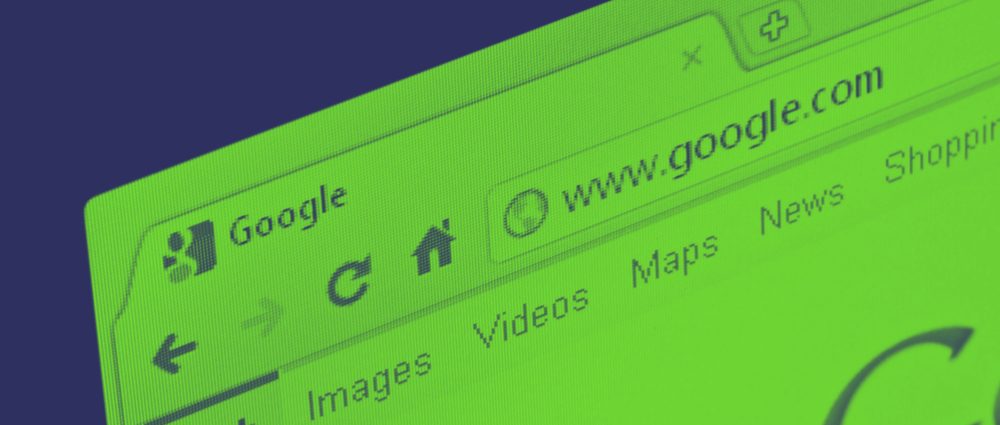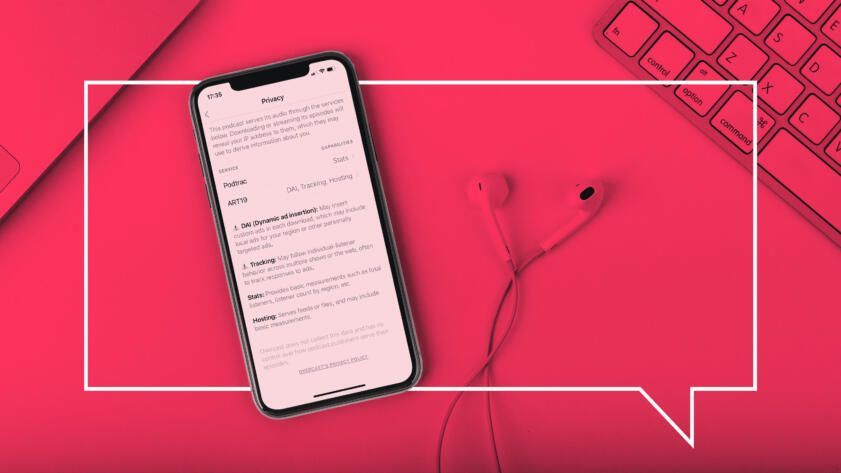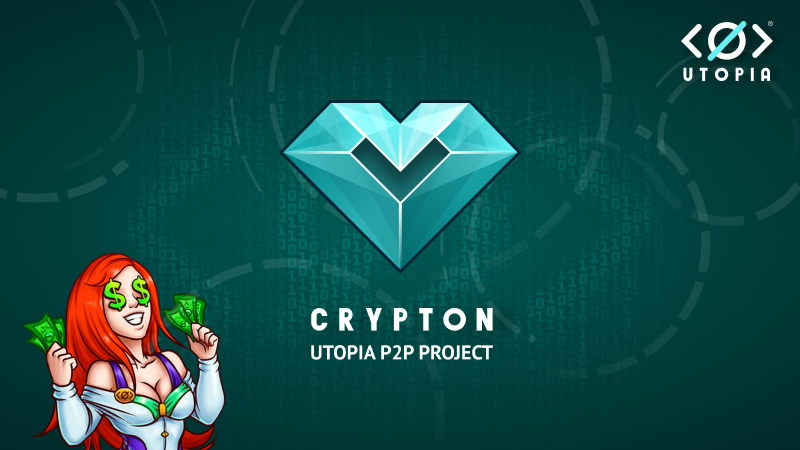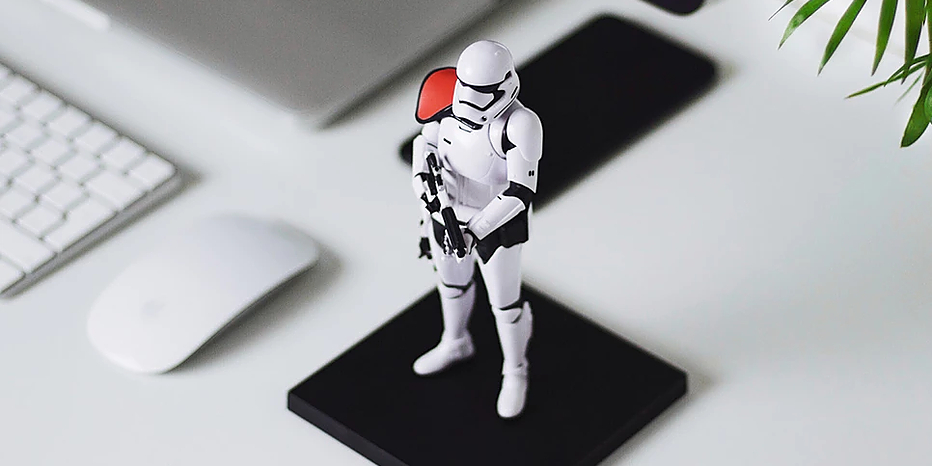
 OneRep CEO and Hackernoon contributor Dimitri Shelest shares his views on online privacy, his entrepreneurship experience, and the reasons that made him write.
OneRep CEO and Hackernoon contributor Dimitri Shelest shares his views on online privacy, his entrepreneurship experience, and the reasons that made him write.
 2021 saw many advancements in internet privacy, what does 2022 have in store?
2021 saw many advancements in internet privacy, what does 2022 have in store?
 In 2020, there will be just one thing considered to be more important than product quality for consumers: data privacy. By this I refer not to user-controlled measures to add extra security for internet users, from the most classic one-time password, or two-factor authentication, to the most secure multi-factor authentication methods: but data privacy measures implemented by companies to ensure that peoples’ personal data is protected - no matter what.
In 2020, there will be just one thing considered to be more important than product quality for consumers: data privacy. By this I refer not to user-controlled measures to add extra security for internet users, from the most classic one-time password, or two-factor authentication, to the most secure multi-factor authentication methods: but data privacy measures implemented by companies to ensure that peoples’ personal data is protected - no matter what.
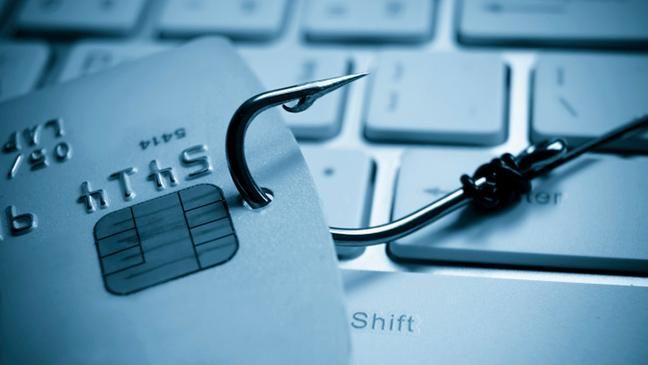 Using Avast Secure Browser either as a primary or a secondary browser is easy and will give you a safer, and faster browsing experience across all your devices.
Using Avast Secure Browser either as a primary or a secondary browser is easy and will give you a safer, and faster browsing experience across all your devices.
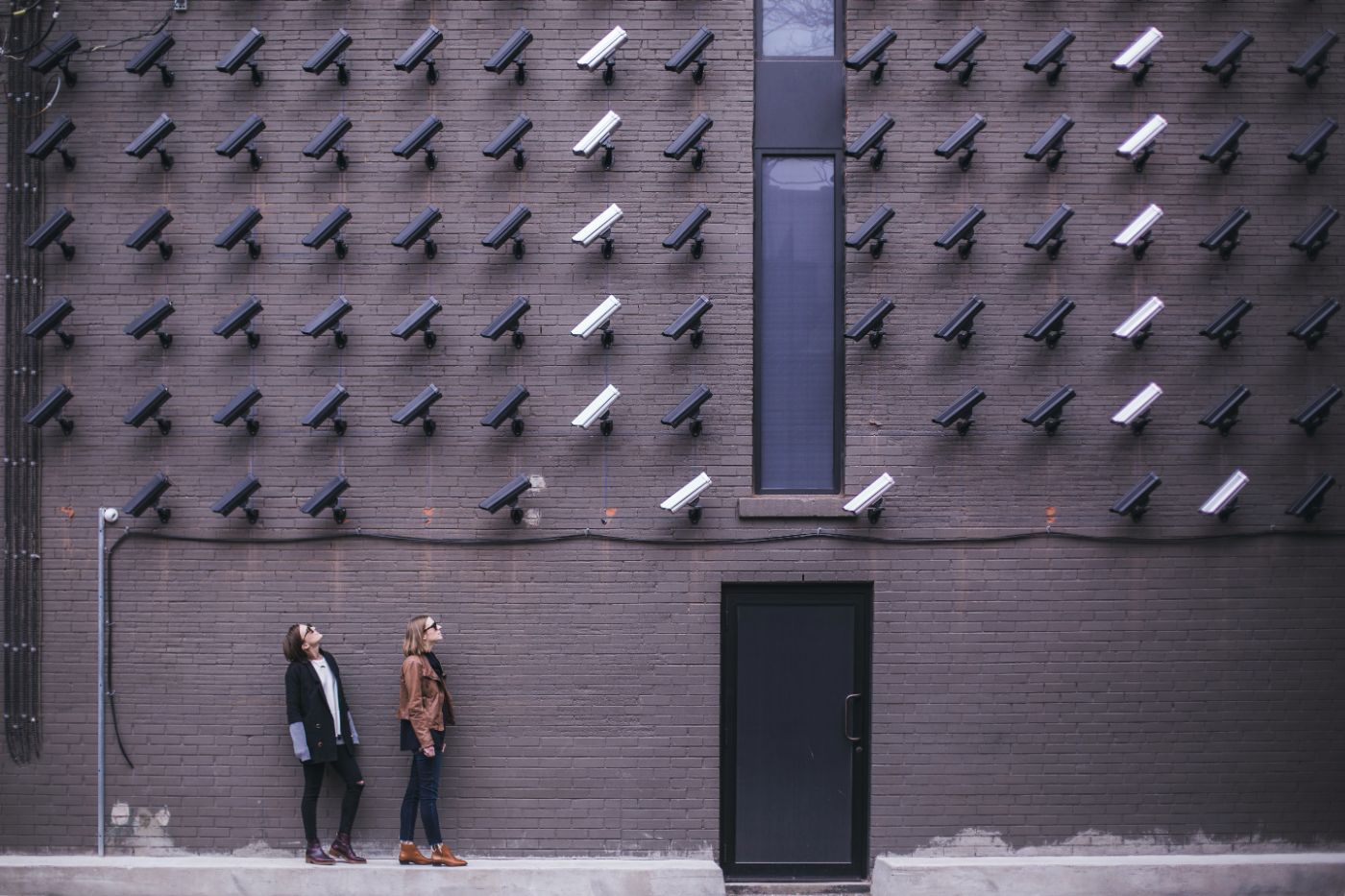 This article describes why privacy concerns should be top of mind while building or adopting computer vision based applications
This article describes why privacy concerns should be top of mind while building or adopting computer vision based applications
 How to set up your Android phone to provide ultimate privacy while also letting you use the latest applications.
How to set up your Android phone to provide ultimate privacy while also letting you use the latest applications.
 4 do it yourself projects with a Raspberry Pi for the privacy minded user
4 do it yourself projects with a Raspberry Pi for the privacy minded user
 While there are security risks associated with the use of password protection, it is very important to know that there have been cases of stolen passwords.
While there are security risks associated with the use of password protection, it is very important to know that there have been cases of stolen passwords.
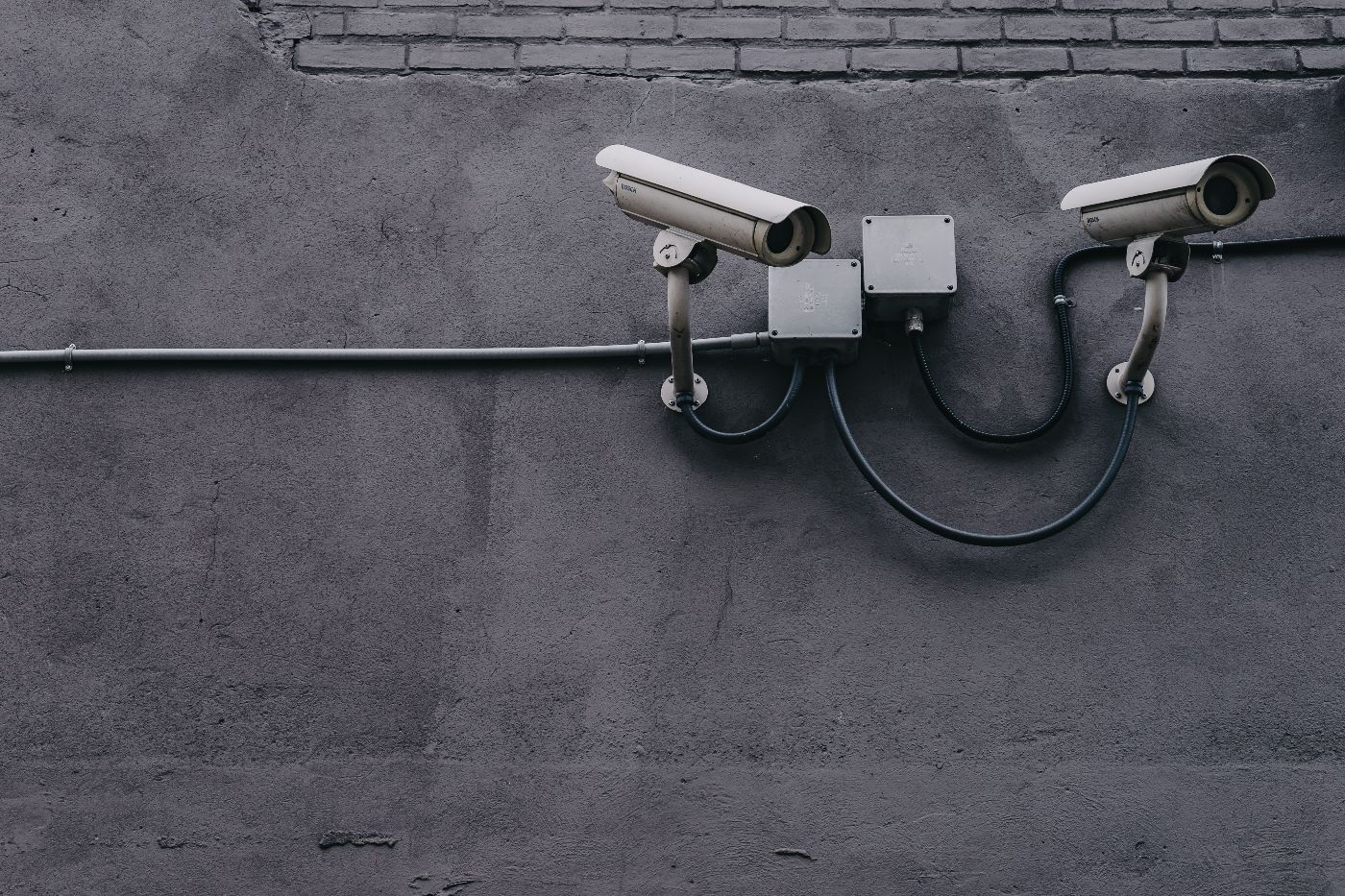 How are users being tracked online even when taking privacy precautions? What tools are Meta and others using to target you with ads?
How are users being tracked online even when taking privacy precautions? What tools are Meta and others using to target you with ads?
 In this season of pandemic, all businesses are grounded and forced to continue their operations through online channels. There is excessive use of digital channels for conferencing purposes, communication, and file transferring.
In this season of pandemic, all businesses are grounded and forced to continue their operations through online channels. There is excessive use of digital channels for conferencing purposes, communication, and file transferring.
 It doesn’t take a tech degree to make your personal Wi-Fi inaccessible to unwanted cyber snoops.
It doesn’t take a tech degree to make your personal Wi-Fi inaccessible to unwanted cyber snoops.
 Catfishing happens everyday, and the pandemic greatly accelerated the number of catfishing victims. Here's how to not be one of them.
Catfishing happens everyday, and the pandemic greatly accelerated the number of catfishing victims. Here's how to not be one of them.
 4.1 user billion records exposed in the first half of 2019: how’s that for data protection?
4.1 user billion records exposed in the first half of 2019: how’s that for data protection?
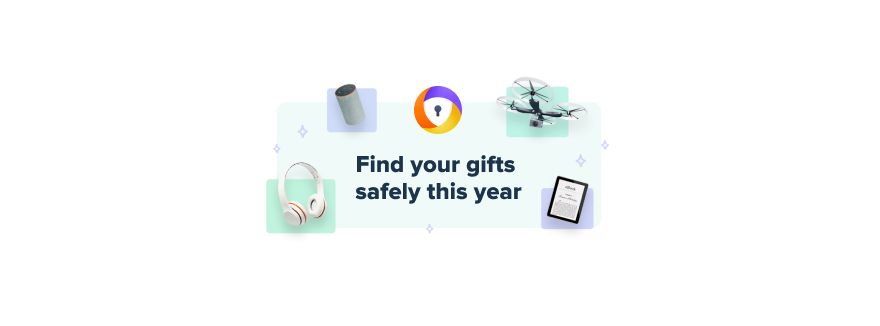 The holiday shopping season really gets underway when it's the end of the year and online shopping continues to rise and rise in popularity.
The holiday shopping season really gets underway when it's the end of the year and online shopping continues to rise and rise in popularity.
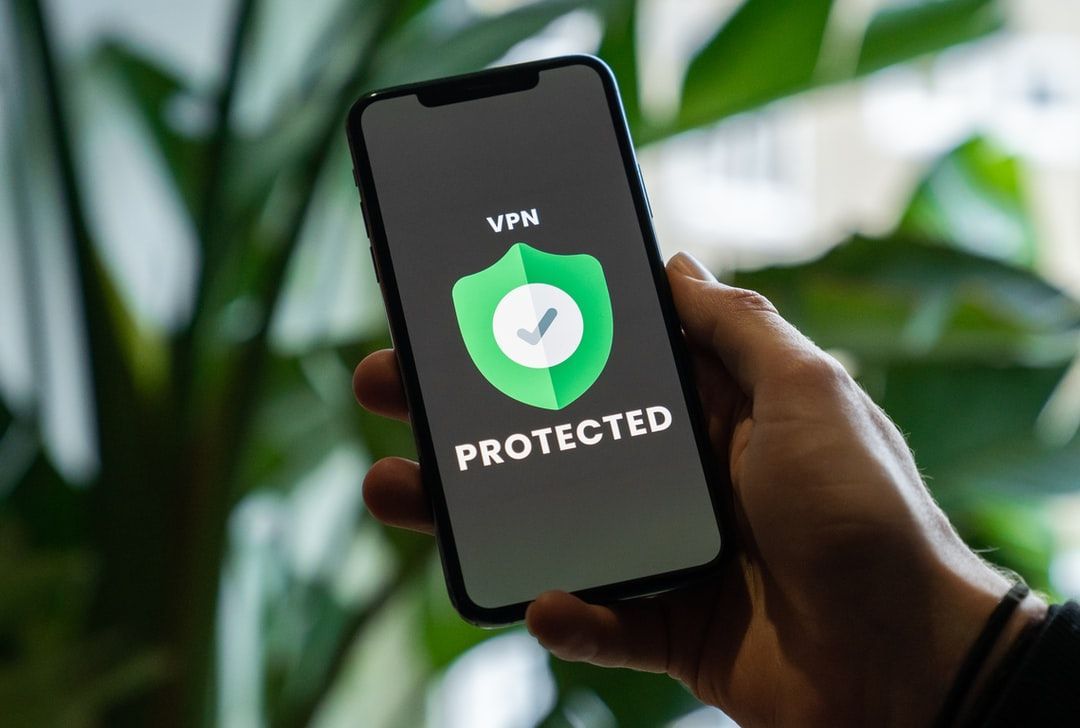 A VPN can do so much more than giving you access to geo-restricted content. Check out why everyone should use a VPN.
A VPN can do so much more than giving you access to geo-restricted content. Check out why everyone should use a VPN.
 VPN, or Virtual Private Networks has evolved and matured since it was originally envisioned. Meet Mimic protocol - a brand new dimension in the VPN world.
VPN, or Virtual Private Networks has evolved and matured since it was originally envisioned. Meet Mimic protocol - a brand new dimension in the VPN world.
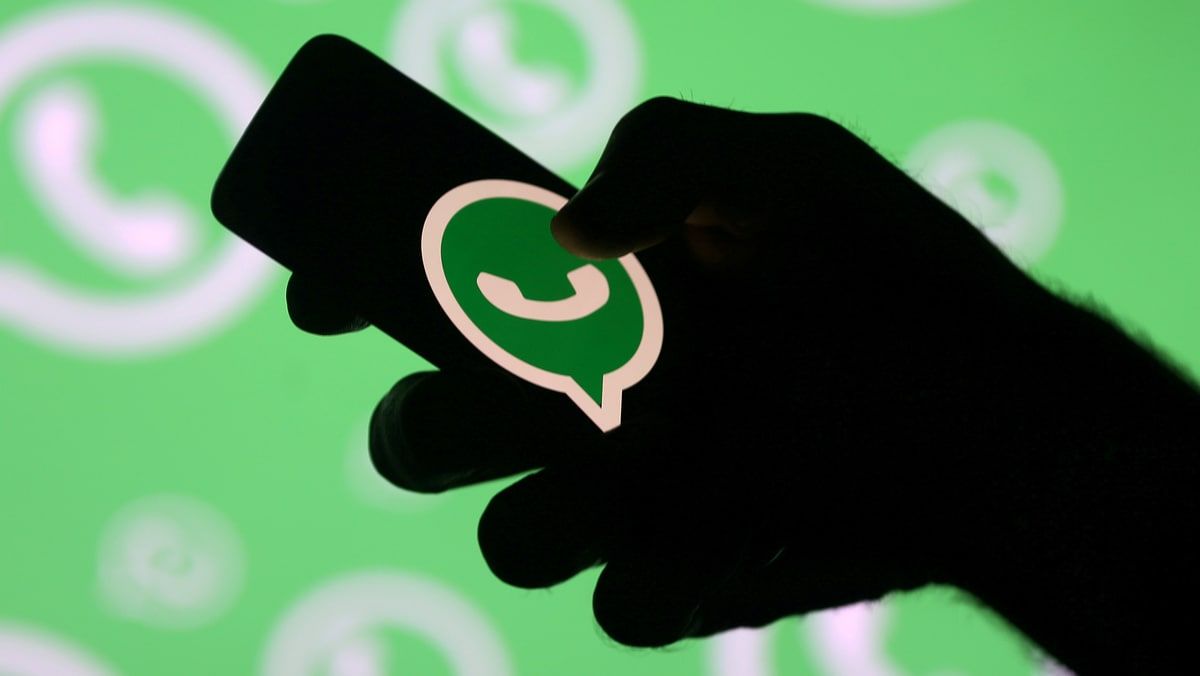 In this article, you'll find the best ways to hack WhatsApp chats including syncing the app with the web version or exporting a txt file of the chat.
In this article, you'll find the best ways to hack WhatsApp chats including syncing the app with the web version or exporting a txt file of the chat.
 Behind Google Ads, Facebook Ads is 2nd largest ads platform in the world.
Behind Google Ads, Facebook Ads is 2nd largest ads platform in the world.
 Privacy is not something we put a lot of attention or effort into keeping, but maybe we should.
Privacy is not something we put a lot of attention or effort into keeping, but maybe we should.
 You probably use the web every single day. And a growing concern among every single web user whether or not their information—their identity, banking information, or what they’re browsing—is being tracked by eyes other than their own. And it’s not just hacking threats that we’re all concerned about. Our private information is a billion-dollar goldmine to companies like Facebook, Google, and Amazon, who are stockpiling our data for their own lucrative purposes.
You probably use the web every single day. And a growing concern among every single web user whether or not their information—their identity, banking information, or what they’re browsing—is being tracked by eyes other than their own. And it’s not just hacking threats that we’re all concerned about. Our private information is a billion-dollar goldmine to companies like Facebook, Google, and Amazon, who are stockpiling our data for their own lucrative purposes.
 Are VPNs really essential for an average user in 2021? Read on to find out about common issues with VPNs, as well as possible alternatives to them.
Are VPNs really essential for an average user in 2021? Read on to find out about common issues with VPNs, as well as possible alternatives to them.
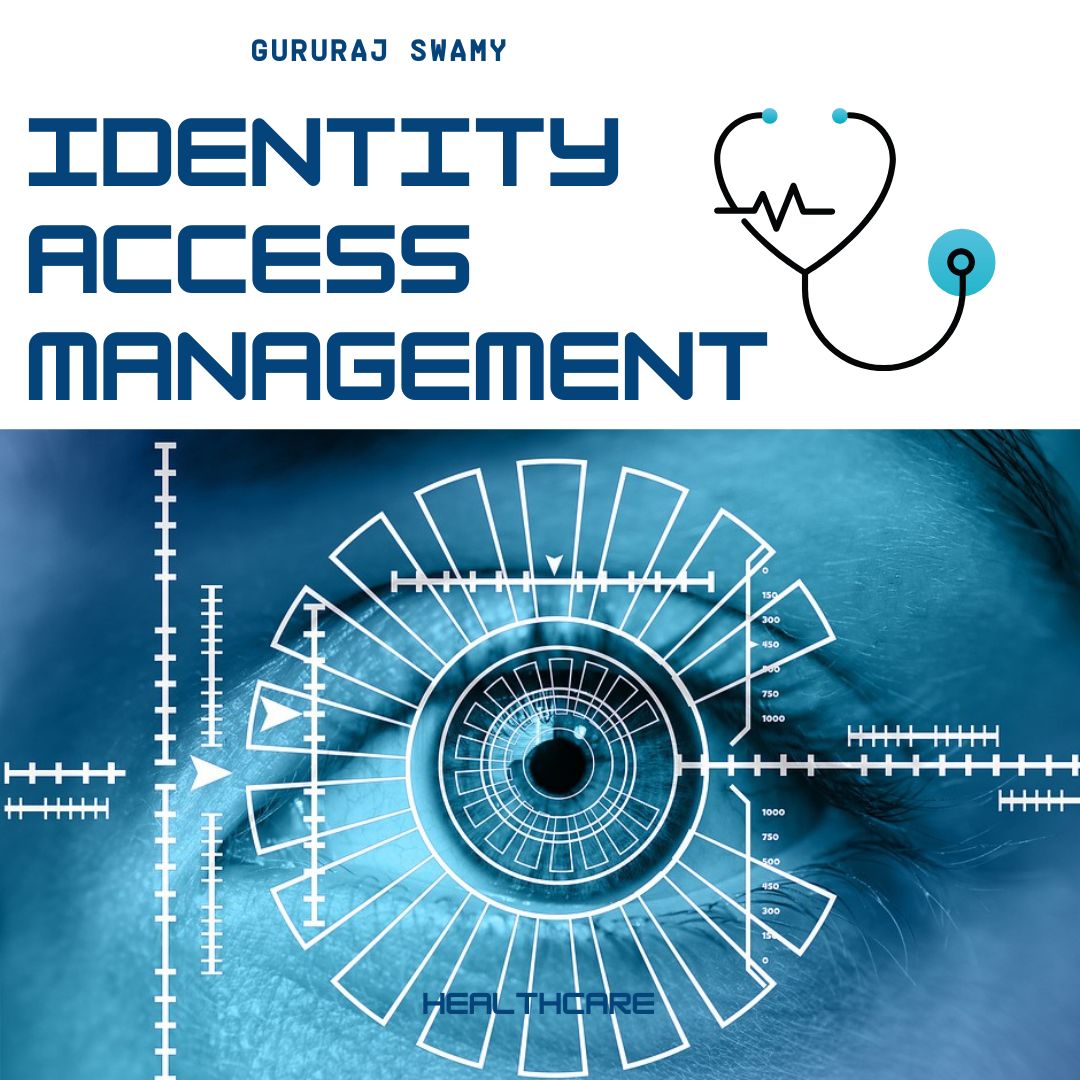 Healthcare professionals are still using paper-based systems in order to track and maintain patient records. That's where Identity Access Management can help.
Healthcare professionals are still using paper-based systems in order to track and maintain patient records. That's where Identity Access Management can help.
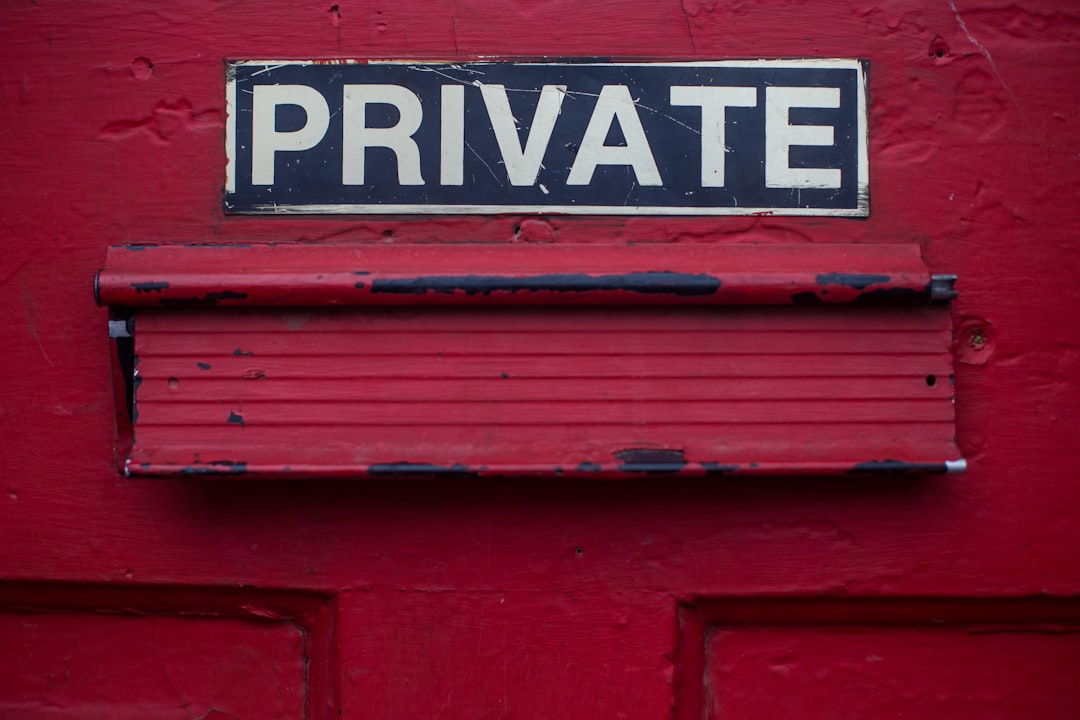 Enjoying the benefits of the myriad online services we use every day is incredibly convenient. In fact, it’s so convenient that we’re ready to accept terms and conditions without thinking about what’s actually in there. Have you read the novel-sized wall of text for every single service you signed up for? I bet you haven’t. Neither have I. Has anyone? Probably not.
Enjoying the benefits of the myriad online services we use every day is incredibly convenient. In fact, it’s so convenient that we’re ready to accept terms and conditions without thinking about what’s actually in there. Have you read the novel-sized wall of text for every single service you signed up for? I bet you haven’t. Neither have I. Has anyone? Probably not.
 Anonymous messaging is a lie
Anonymous messaging is a lie
 For better or for worse, Google has become one of the biggest vendors of information in the world. Its library of search results shape and/or reaffirm opinions on a daily basis. The search giant's algorithm dictates what information searchers receive and thus has a direct impact on every person's knowledge base and understanding of numerous topics.
For better or for worse, Google has become one of the biggest vendors of information in the world. Its library of search results shape and/or reaffirm opinions on a daily basis. The search giant's algorithm dictates what information searchers receive and thus has a direct impact on every person's knowledge base and understanding of numerous topics.
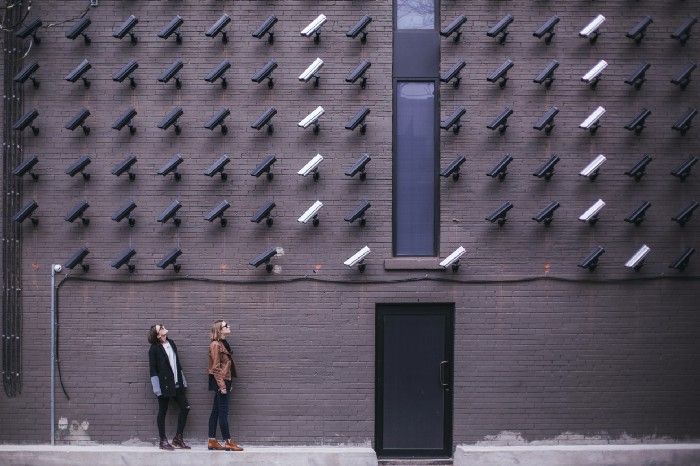 What people wish to share is their prerogative, yet to unconsciously give away your private information is very different to making an active choice.
What people wish to share is their prerogative, yet to unconsciously give away your private information is very different to making an active choice.
 Since we can't function without the internet these days, it is highly important to keep our digital identity secure.
Since we can't function without the internet these days, it is highly important to keep our digital identity secure.
 Today Zoom acquired Keybase. It came as a shock to me at first; but, it shouldn't surprise us.
Today Zoom acquired Keybase. It came as a shock to me at first; but, it shouldn't surprise us.
 “Convenience” is something I’ve seen many privacy advocates overlook or give little credence to.
“Convenience” is something I’ve seen many privacy advocates overlook or give little credence to.
 The identification of the right to privacy and the protection of personal data is the culmination of a long conceptual evolution.
The identification of the right to privacy and the protection of personal data is the culmination of a long conceptual evolution.
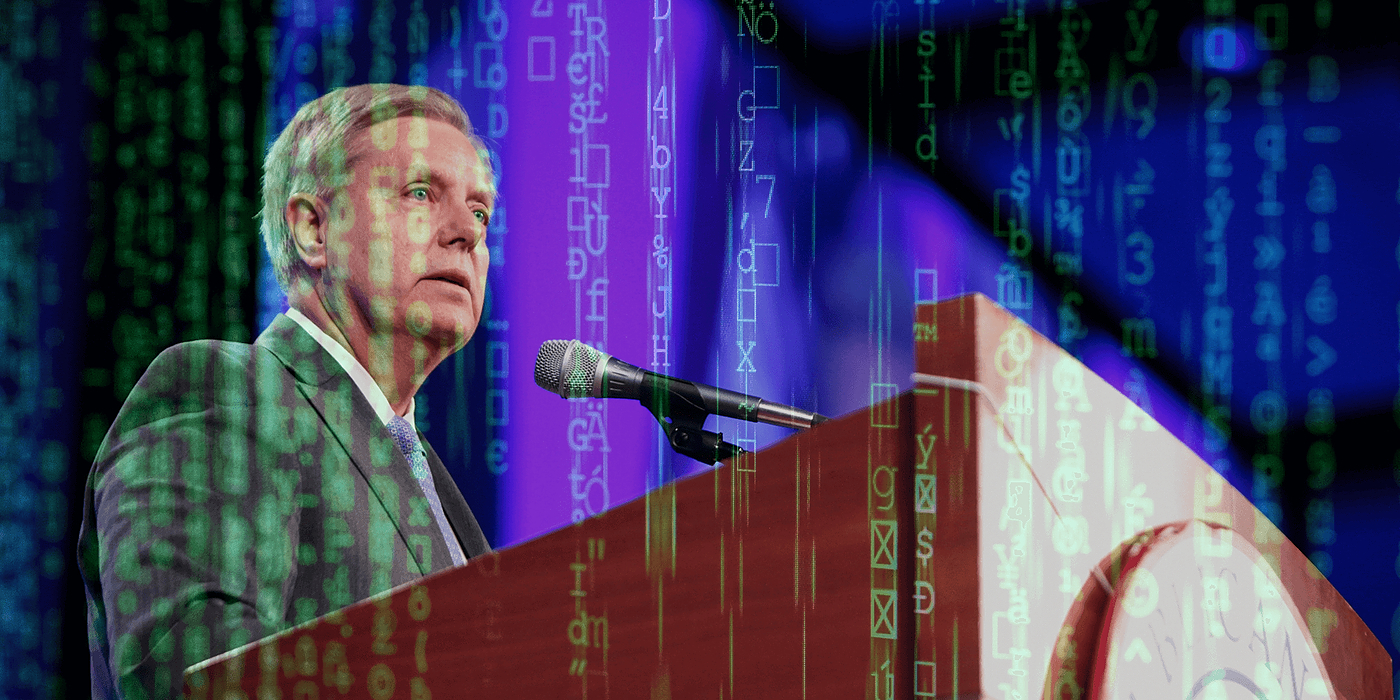 As the world finds itself preoccupied with COVID-19, the United States government is trying to pass a law to ban encryption. It's called the EARN IT act, and while it claims to combat the sexual exploitation of children online, it has potentially devastating repercussions for encryption and companies that use it to protect your privacy online.
As the world finds itself preoccupied with COVID-19, the United States government is trying to pass a law to ban encryption. It's called the EARN IT act, and while it claims to combat the sexual exploitation of children online, it has potentially devastating repercussions for encryption and companies that use it to protect your privacy online.
 How to pick out the right web browser when you're focused on privacy and functionality.
How to pick out the right web browser when you're focused on privacy and functionality.
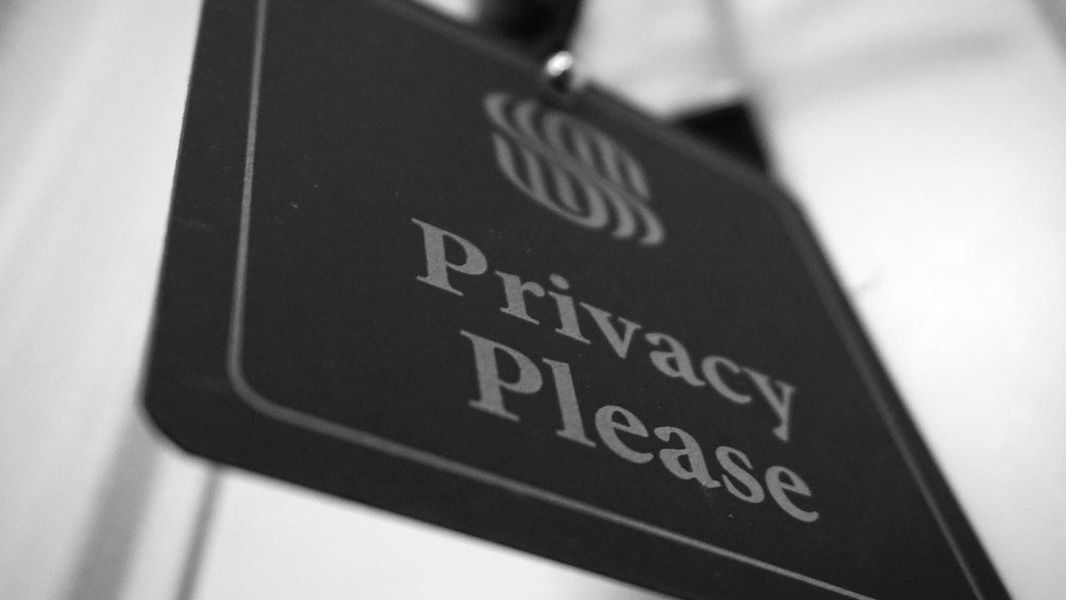 One of the biggest challenges we netizens encounter is defending freedom and human rights on the internet.
One of the biggest challenges we netizens encounter is defending freedom and human rights on the internet.
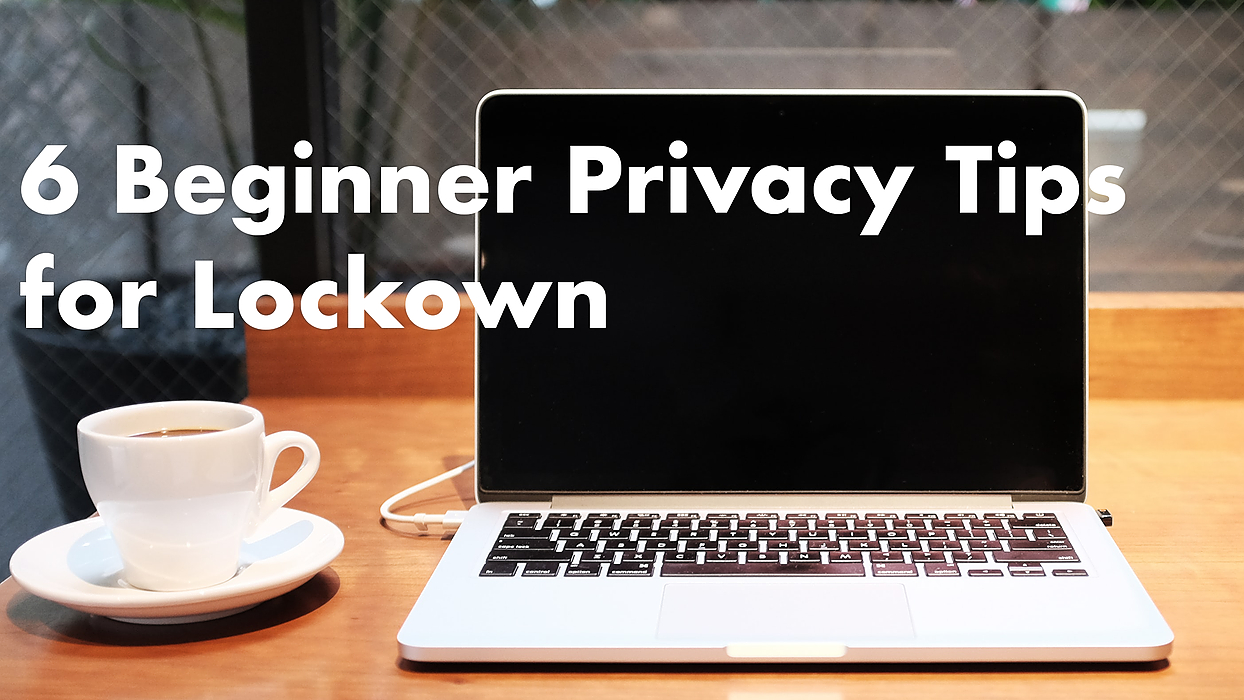 Over a third of the world is in lockdown; now is the perfect excuse to sort out your privacy. Here are my 6 tips:
Over a third of the world is in lockdown; now is the perfect excuse to sort out your privacy. Here are my 6 tips:
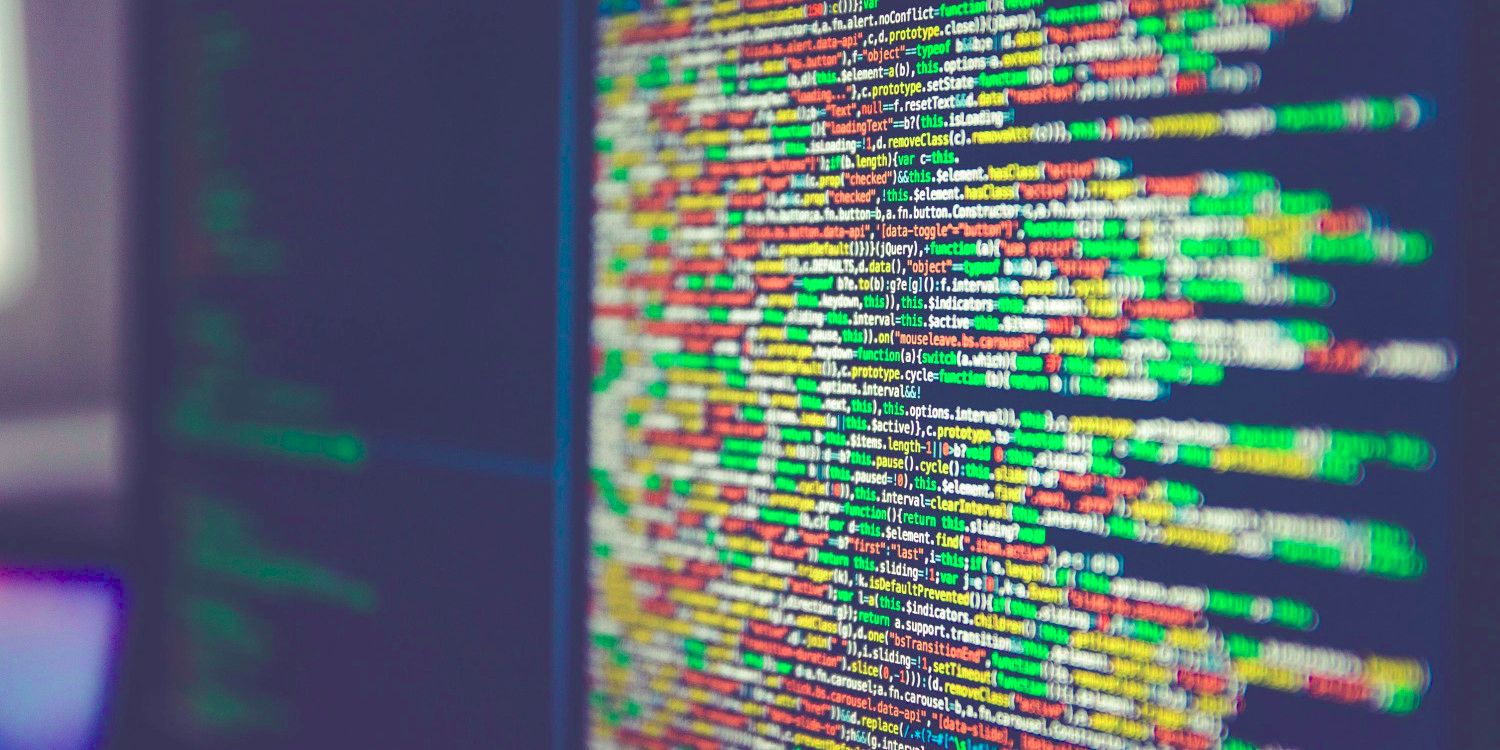 Artificial Intelligence (AI) is a beautiful piece of technology made to seamlessly augment our everyday experience. It is widely utilized in everything starting from marketing to even traffic light moderation in cities like Pittsburg. However, swords have two edges and the AI is no different. There are a fair number of upsides as well as downsides that follow such technological advancements.
Artificial Intelligence (AI) is a beautiful piece of technology made to seamlessly augment our everyday experience. It is widely utilized in everything starting from marketing to even traffic light moderation in cities like Pittsburg. However, swords have two edges and the AI is no different. There are a fair number of upsides as well as downsides that follow such technological advancements.
 You may be shocked to find out what information is available about you and how it could be used. Here are steps you can take to minimize your online footprint.
You may be shocked to find out what information is available about you and how it could be used. Here are steps you can take to minimize your online footprint.
 Unless you have changed your web browser default settings it is quite likely you are leaking personal details as you move around online. But just how much?
Unless you have changed your web browser default settings it is quite likely you are leaking personal details as you move around online. But just how much?
 Taking advantage of these insights can empower fintechs to locate and approve new customers while mitigating friction and streamlining the customer journey.
Taking advantage of these insights can empower fintechs to locate and approve new customers while mitigating friction and streamlining the customer journey.
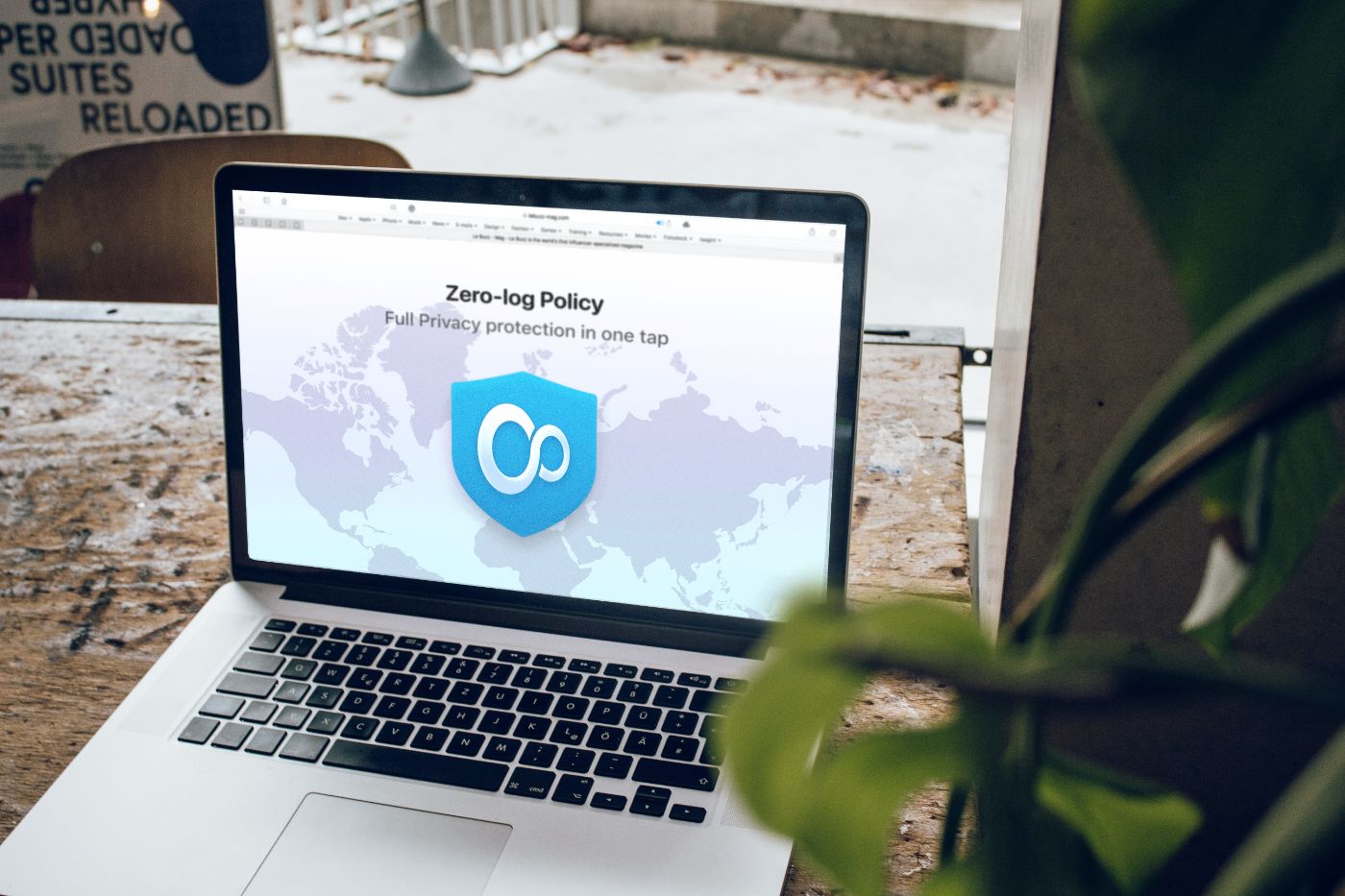 2022 saw a plethora of new, innovative cyber threats, and in order to keep your cybersecurity up to date and be prepared for what’s coming in 2023
2022 saw a plethora of new, innovative cyber threats, and in order to keep your cybersecurity up to date and be prepared for what’s coming in 2023
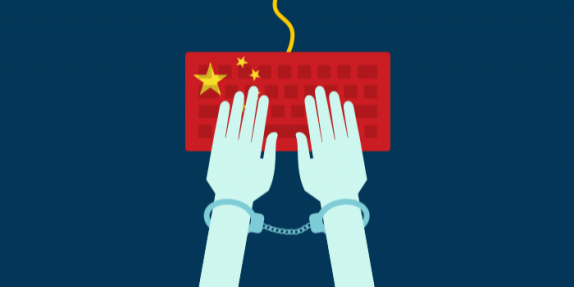 To those in the West, internet censorship is often thought of as something that happens ‘elsewhere’ - China or other despotic authoritarian regimes. But increasingly overbearing government regulations have begun to threaten internet freedoms in the West too.
To those in the West, internet censorship is often thought of as something that happens ‘elsewhere’ - China or other despotic authoritarian regimes. But increasingly overbearing government regulations have begun to threaten internet freedoms in the West too.
 Many learning management systems are compatible with Chrome, making it a challenge to maintain your digital privacy while getting your homework done.
Many learning management systems are compatible with Chrome, making it a challenge to maintain your digital privacy while getting your homework done.
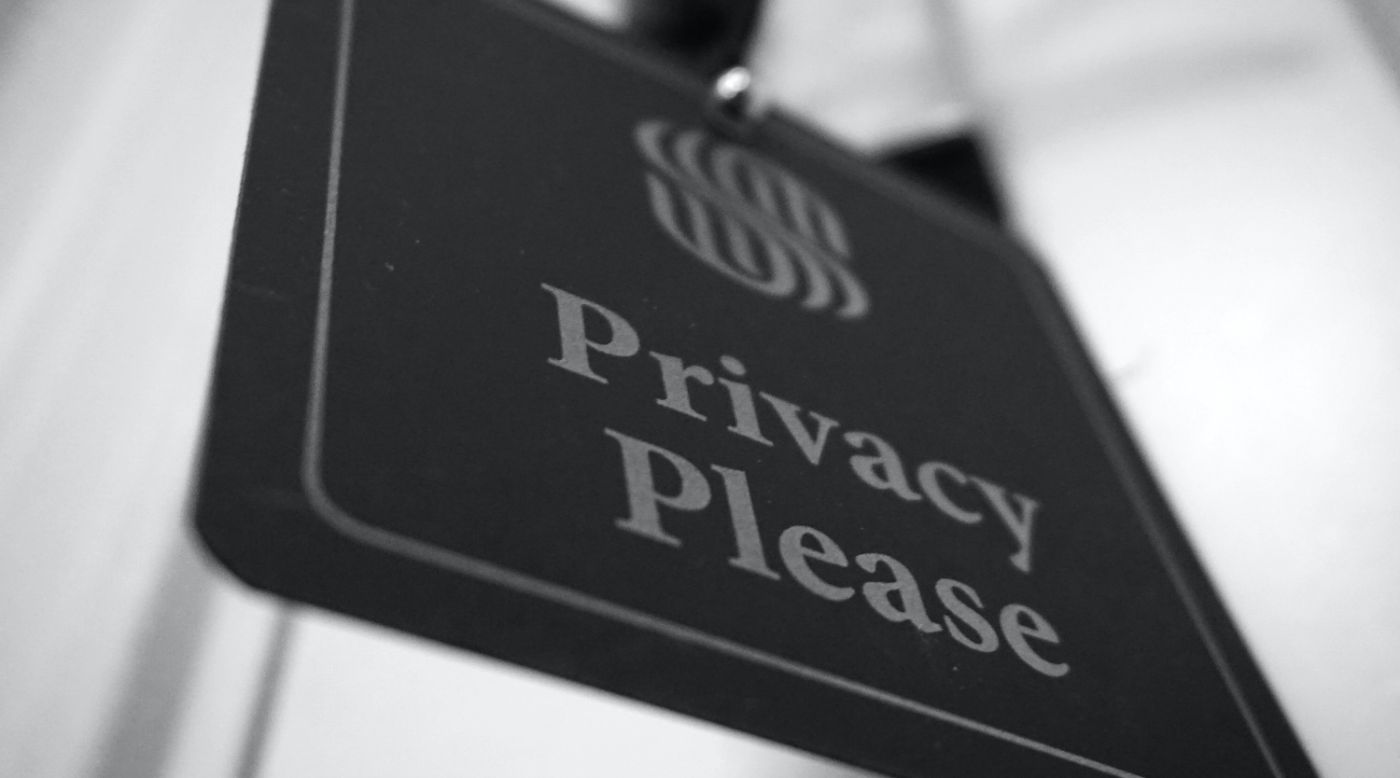 A privacy-driven future is coming. Is your ad business ready?
A privacy-driven future is coming. Is your ad business ready?
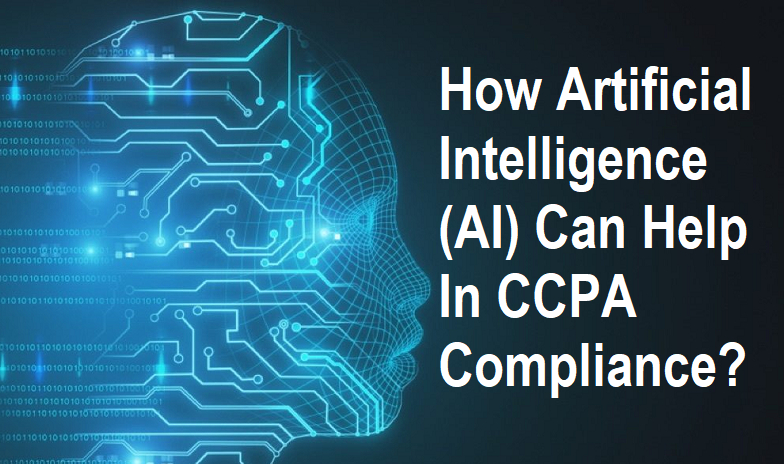 California Consumer Privacy Act (CCPA) was passed recently in the USA state of California and will be implemented by 2020. This new regulation is transforming the privacy policies of businesses dealing with the data of Californian users.
California Consumer Privacy Act (CCPA) was passed recently in the USA state of California and will be implemented by 2020. This new regulation is transforming the privacy policies of businesses dealing with the data of Californian users.
 No matter the size of the enterprise or number of employees, there are a number of reasons one might prefer to keep their business ownership private.
No matter the size of the enterprise or number of employees, there are a number of reasons one might prefer to keep their business ownership private.
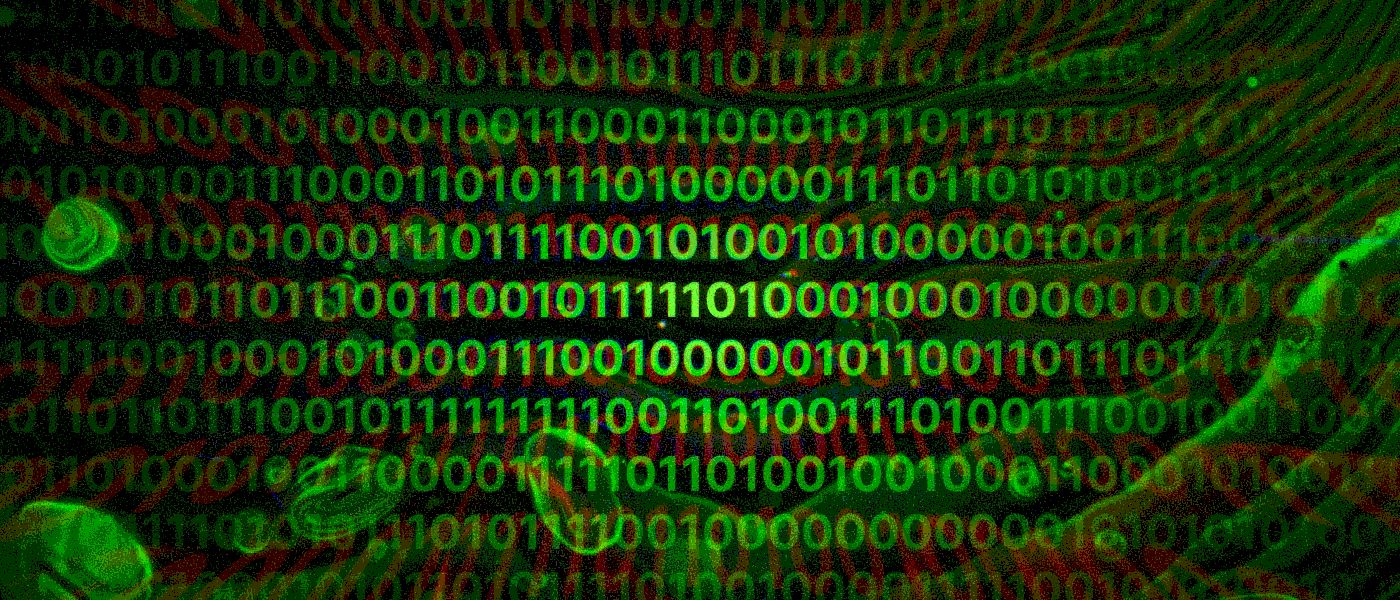 Wars can be fought in the real world but there is also a virtual battlefield - and it is just as harmful. The Lawful Access to Encrypted Data Act is the latest attempt to access people's encrypted data and it serves as another reinforcement.
Wars can be fought in the real world but there is also a virtual battlefield - and it is just as harmful. The Lawful Access to Encrypted Data Act is the latest attempt to access people's encrypted data and it serves as another reinforcement.
 It's impossible to leave ZERO digital footprints unless you are offline and live in a cave. Luckily, there're easy-to-do steps to clean up your digital clutter.
It's impossible to leave ZERO digital footprints unless you are offline and live in a cave. Luckily, there're easy-to-do steps to clean up your digital clutter.
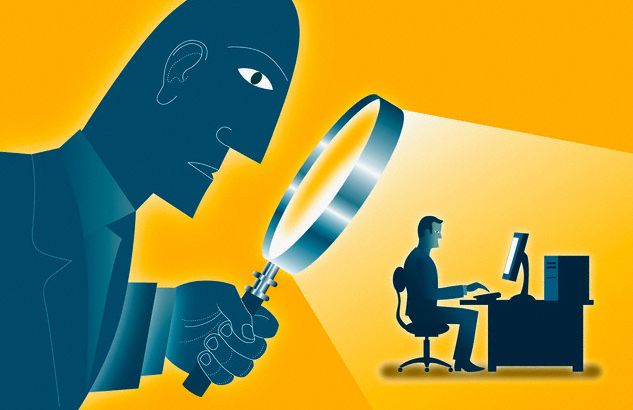 In order to start making money, user data started being used to serve ads. It was used to predict our future behaviors in order to predict which ads to serve.
In order to start making money, user data started being used to serve ads. It was used to predict our future behaviors in order to predict which ads to serve.
 A selection of programs for online privacy. All of them will help you not to fall prey to hackers and keep your data safe.
A selection of programs for online privacy. All of them will help you not to fall prey to hackers and keep your data safe.
 Every individual or organization must be mindful of securing their online data. Online security is essential for better online data privacy and security.
Every individual or organization must be mindful of securing their online data. Online security is essential for better online data privacy and security.
 Covid-19 has brought out the worst in us, with an increase in reported incidents of cyberbullying and harassment online. The cases have expanded from social media to a newly adopted “Remote-working” environment.
Covid-19 has brought out the worst in us, with an increase in reported incidents of cyberbullying and harassment online. The cases have expanded from social media to a newly adopted “Remote-working” environment.
 It was originally used by the Greeks to keep the secret of Greek fire, but now it is used by people all around the world for lots of different reasons.
It was originally used by the Greeks to keep the secret of Greek fire, but now it is used by people all around the world for lots of different reasons.
 In a world where everything is connected to the internet, and yes I mean everything (NSFW), the threat of being hacked is always present. The most recent notable security leak was with Robinhood.
In a world where everything is connected to the internet, and yes I mean everything (NSFW), the threat of being hacked is always present. The most recent notable security leak was with Robinhood.
 Cybersecurity seems like a never-ending journey: you patch one flaw, another appears. You download one top-notch security tool, and soon realize that it is no longer enough.
Cybersecurity seems like a never-ending journey: you patch one flaw, another appears. You download one top-notch security tool, and soon realize that it is no longer enough.
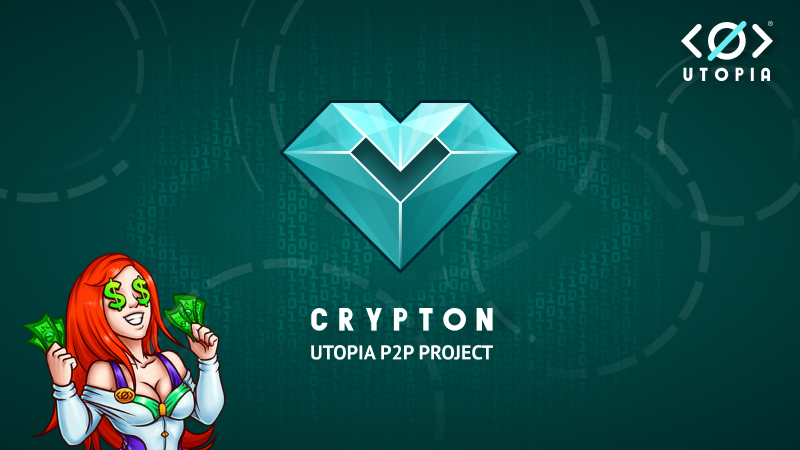 Table of Content
Table of Content
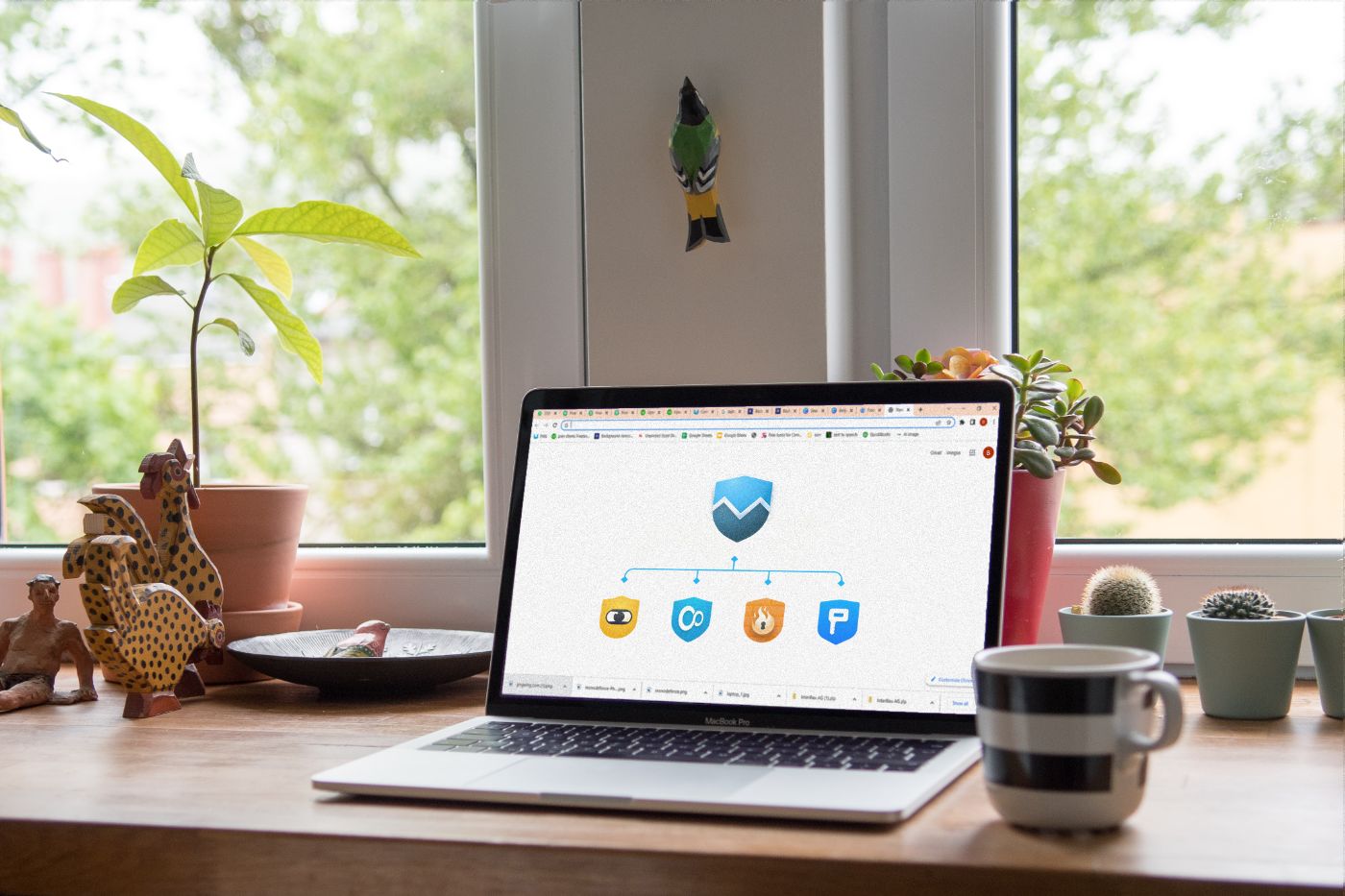 The article examines three crucial (and simple) ways to protect yourself online, and how to choose an effective service for the job.
The article examines three crucial (and simple) ways to protect yourself online, and how to choose an effective service for the job.
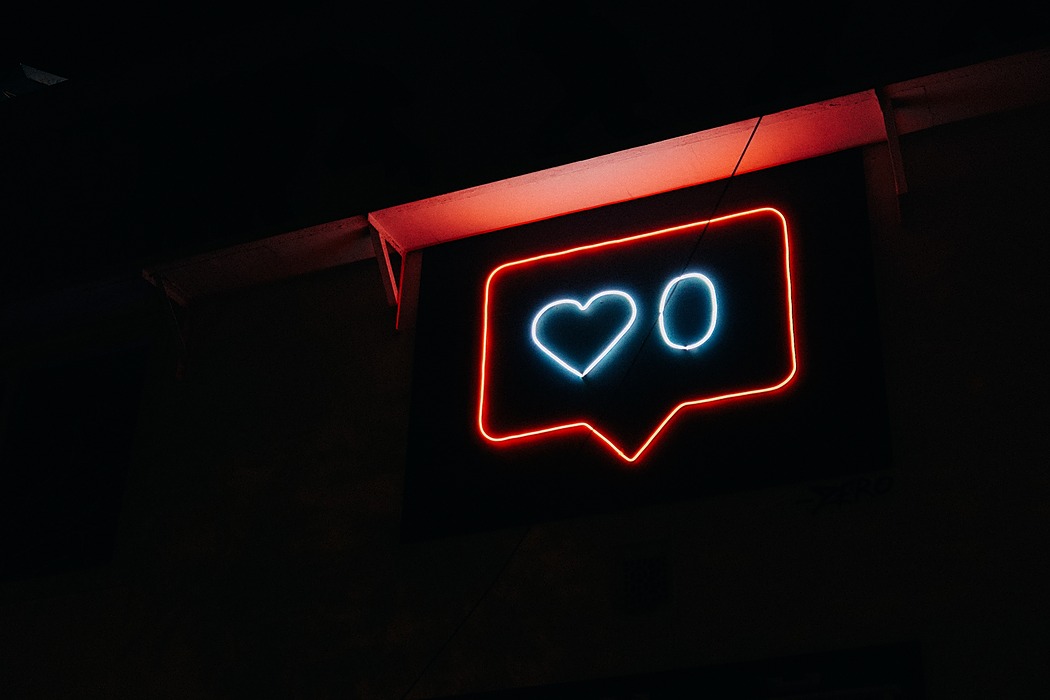 While I sit down to write, like any procrastinating writer of our times, I look for excuses that will keep me from the task at hand. It could be the windows and the weather (perhaps I need a pullover) or the more modern version of it – social media.
While I sit down to write, like any procrastinating writer of our times, I look for excuses that will keep me from the task at hand. It could be the windows and the weather (perhaps I need a pullover) or the more modern version of it – social media.
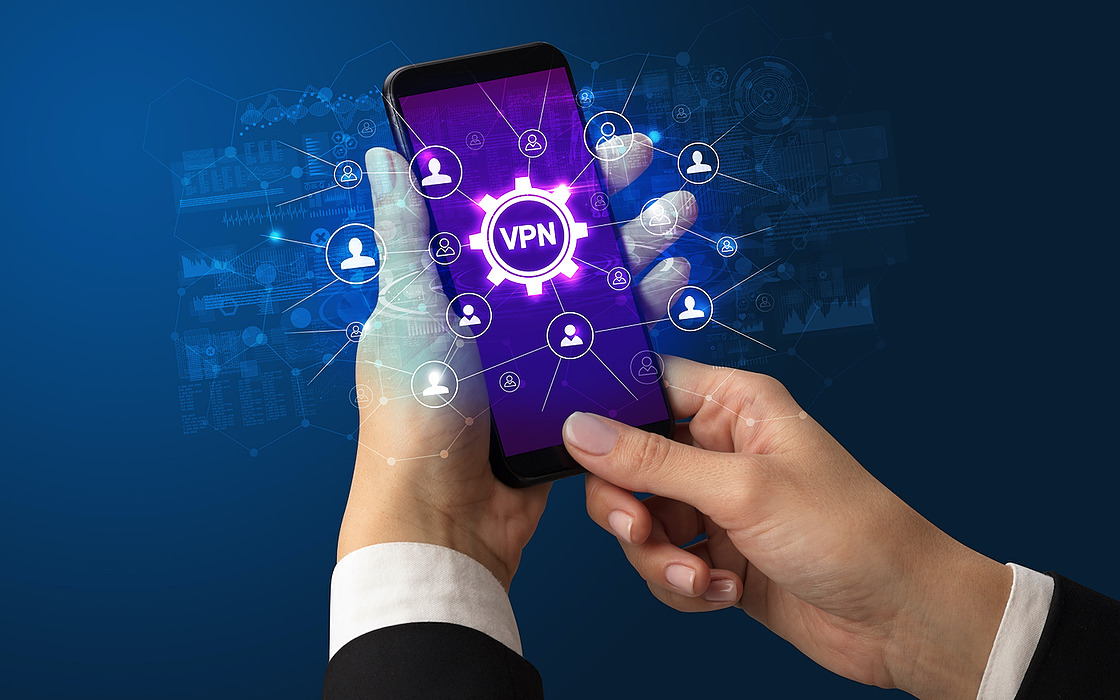 Over the past few years, VPNs have become a vital cog in the world of online privacy. Whether you’re looking to safeguard your data, browse anonymously, or simply bypass internet restrictions, there is so much more that VPNs can offer.
Over the past few years, VPNs have become a vital cog in the world of online privacy. Whether you’re looking to safeguard your data, browse anonymously, or simply bypass internet restrictions, there is so much more that VPNs can offer.
 VPNs secure your online activity. In this article, you can learn what the best VPN protocol is, how AES-256 encryption works, and what VPNs really protect from.
VPNs secure your online activity. In this article, you can learn what the best VPN protocol is, how AES-256 encryption works, and what VPNs really protect from.
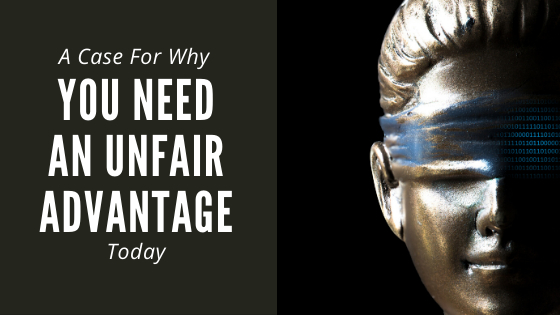 Does your digital content fail to drive action and get results? Ever wonder why your content isn't showing up in search results?
Does your digital content fail to drive action and get results? Ever wonder why your content isn't showing up in search results?
 During Hackers Congress Paralelni Polis (HCPP), I had a chance to interview Harry Halpin on AI, surveillance, collective intelligence and his latest project NYM.
During Hackers Congress Paralelni Polis (HCPP), I had a chance to interview Harry Halpin on AI, surveillance, collective intelligence and his latest project NYM.
 The classic idea of the Internet is a virtual place where free speech and anonymity is possible; that has evolved. Here are 3 tips to maintain anonymity online.
The classic idea of the Internet is a virtual place where free speech and anonymity is possible; that has evolved. Here are 3 tips to maintain anonymity online.
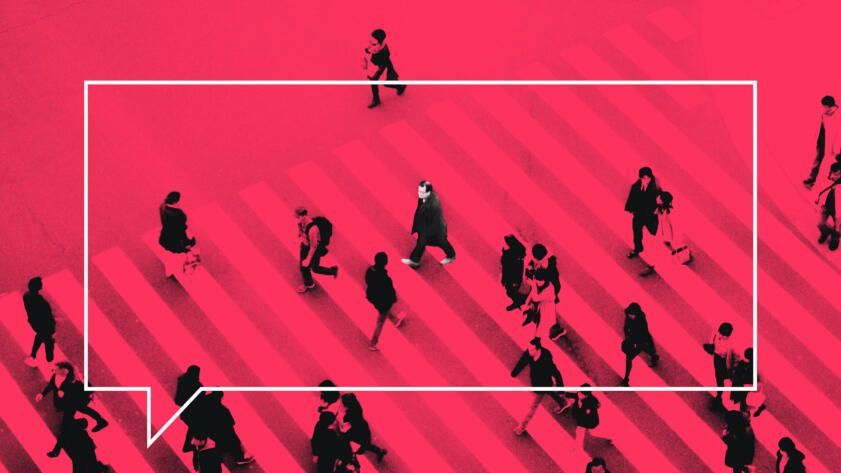 Geofencing itself simply means drawing a virtual border around a predefined geographical area. Data can then be gathered on users who enter that area.
Geofencing itself simply means drawing a virtual border around a predefined geographical area. Data can then be gathered on users who enter that area.
 Cypherpunks hold an ideology that states that privacy is an essential component of freedom and without privacy, one cannot have true freedom of speech.
Cypherpunks hold an ideology that states that privacy is an essential component of freedom and without privacy, one cannot have true freedom of speech.
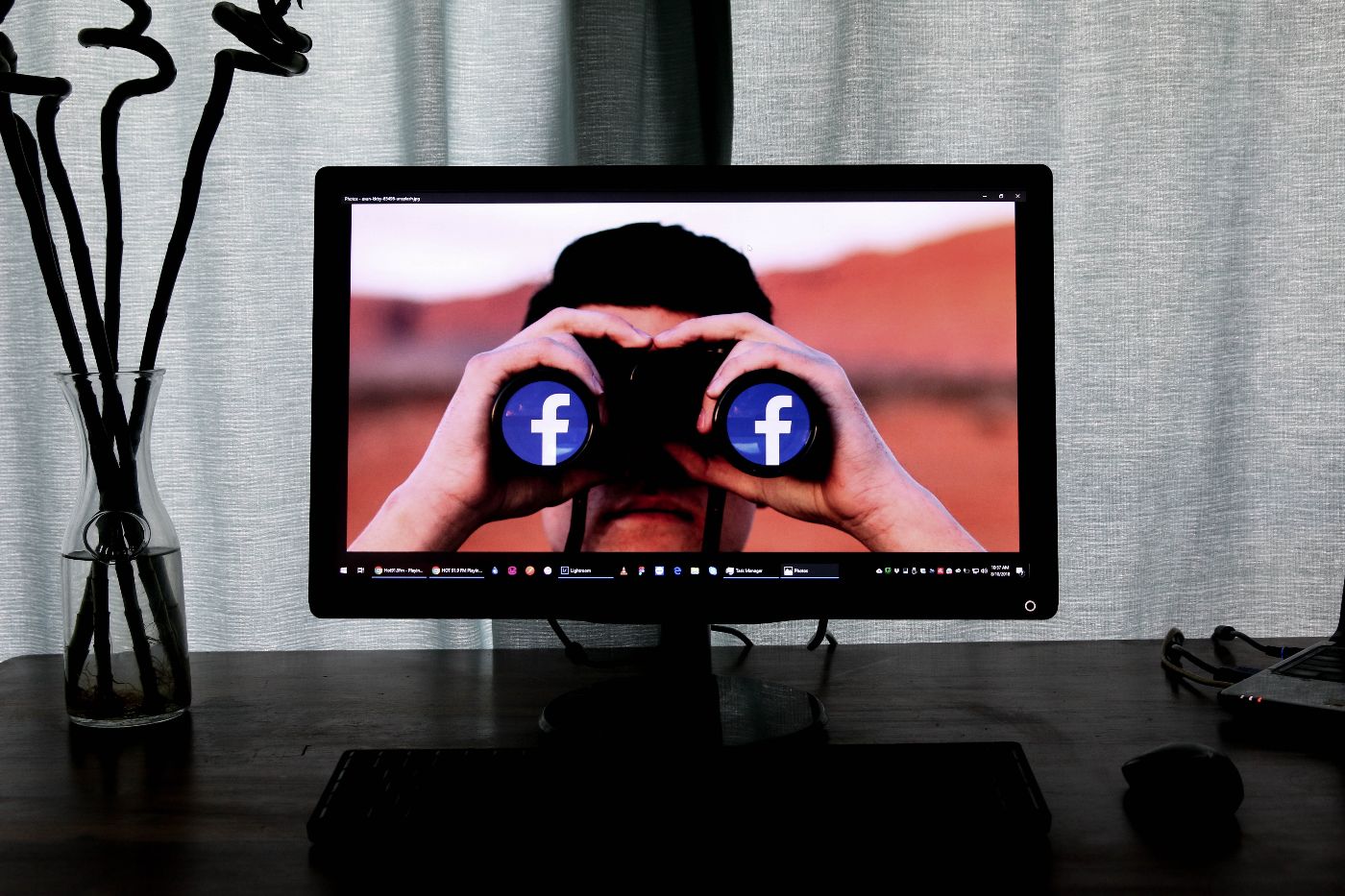 Facebook is collecting ultrasensitive personal data about abortion seekers and enabling anti-abortion organizations to use that data
Facebook is collecting ultrasensitive personal data about abortion seekers and enabling anti-abortion organizations to use that data
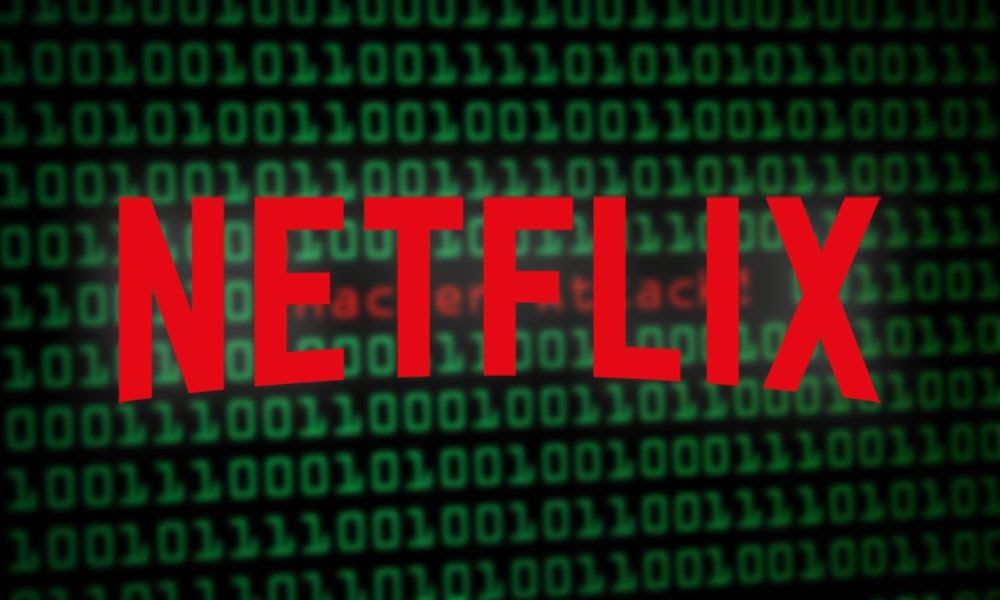 Netflix accounts getting hacked are the least bit of anyone’s concern. Not because it doesn’t mean anything to us, but we anticipate little harm from it. After all, what more can a hacker do than to watch a few titles, get to see their favorite shows or movies? But that’s not always the case. We have left this issue unsupervised for far too long, and there is harm more significant than we give credit for.
Netflix accounts getting hacked are the least bit of anyone’s concern. Not because it doesn’t mean anything to us, but we anticipate little harm from it. After all, what more can a hacker do than to watch a few titles, get to see their favorite shows or movies? But that’s not always the case. We have left this issue unsupervised for far too long, and there is harm more significant than we give credit for.
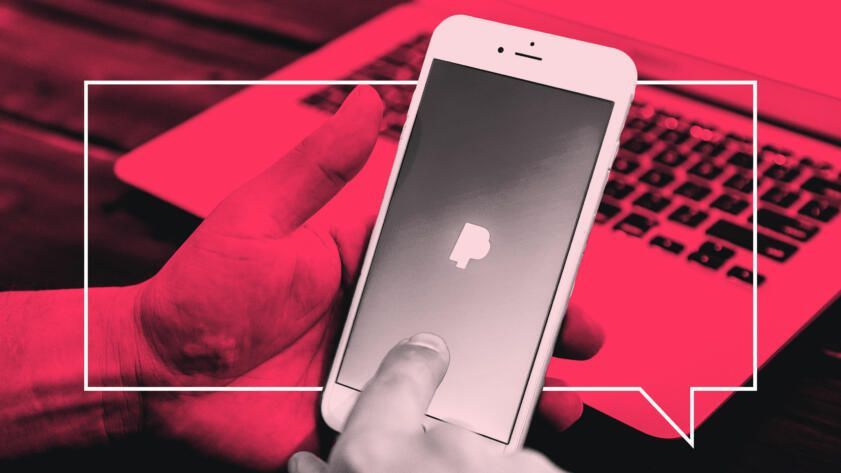 Using a payment app of any kind, no matter how privacy-preserving it is, always introduces a middleman: an agent that uses data to execute a demand.
Using a payment app of any kind, no matter how privacy-preserving it is, always introduces a middleman: an agent that uses data to execute a demand.
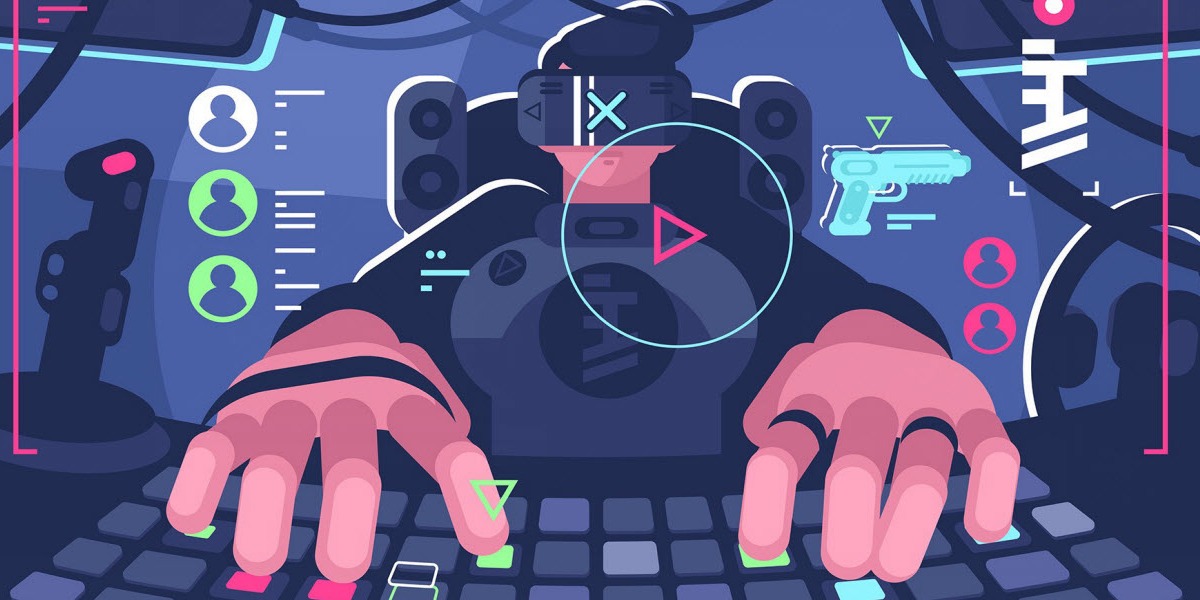 Ever wondered what would happen if someone ransacks your Steam account and leaves the inventory empty?
Ever wondered what would happen if someone ransacks your Steam account and leaves the inventory empty?
 There's a massive problem in the privacy world. Websites, social media accounts, and other platforms are constantly popping up out of nowhere, telling you to buy The Greatest Service Ever in order to solve all your privacy woes, whatever that may be. These websites often employ marketing teams to make sure their "reviews" are what you see first when you begin your research. Some of them are even operated by VPN providers themselves, operating under anonymous business entities to hide their bias, or doing it right out in the open, hoping you'll mistake their advertising-filled press releases and blogs as insider knowledge of the VPN space.
There's a massive problem in the privacy world. Websites, social media accounts, and other platforms are constantly popping up out of nowhere, telling you to buy The Greatest Service Ever in order to solve all your privacy woes, whatever that may be. These websites often employ marketing teams to make sure their "reviews" are what you see first when you begin your research. Some of them are even operated by VPN providers themselves, operating under anonymous business entities to hide their bias, or doing it right out in the open, hoping you'll mistake their advertising-filled press releases and blogs as insider knowledge of the VPN space.
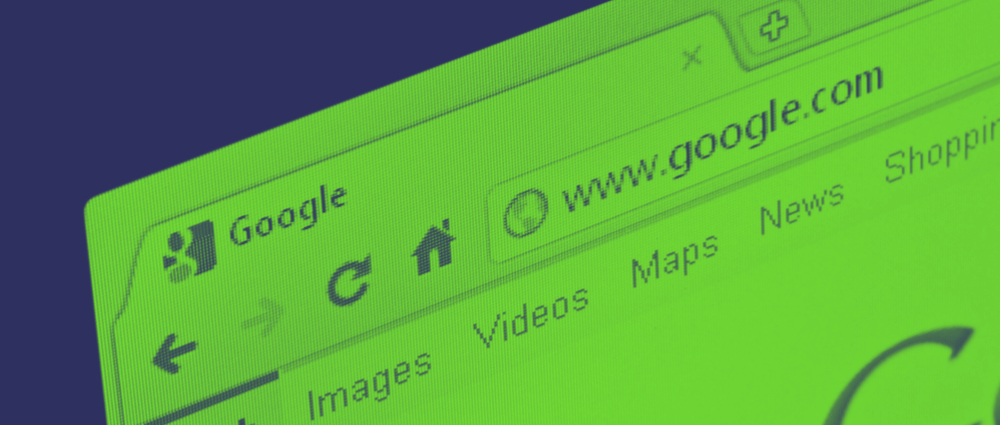 With an approximate of over 4.33 billion users globally, the internet first blossomed into a phenomenon the world could not get enough of and has now transformed itself into a necessity, around which the core of our modern lives revolve.
With an approximate of over 4.33 billion users globally, the internet first blossomed into a phenomenon the world could not get enough of and has now transformed itself into a necessity, around which the core of our modern lives revolve.
 Complacency with privacy invasion has become our 6th sense. Handing over the intimate details of our lives to corporate and government stooges has become a virtue and civic duty. It should come as no surprise that, even for a society dripping with tech-savviness, the average person would rather their government act than to take action themselves. According to Pew Research:
Complacency with privacy invasion has become our 6th sense. Handing over the intimate details of our lives to corporate and government stooges has become a virtue and civic duty. It should come as no surprise that, even for a society dripping with tech-savviness, the average person would rather their government act than to take action themselves. According to Pew Research:
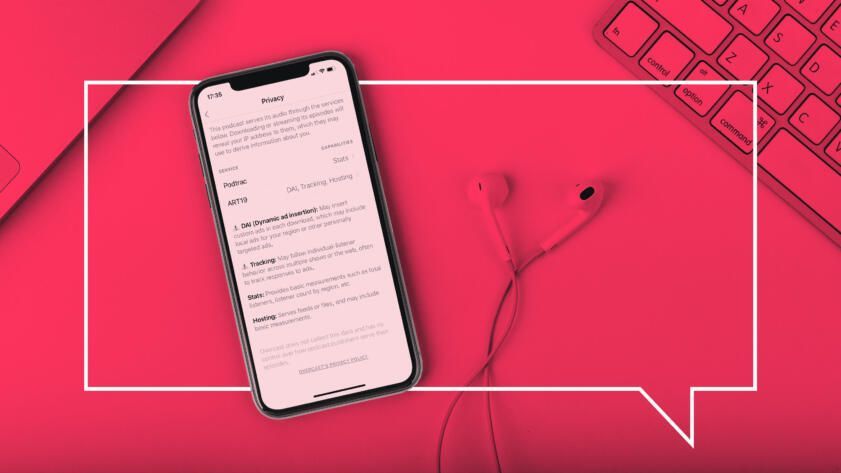 Traditionally, the podcast ecosystem has been tracking-resistant, in part because podcasters release their shows through RSS, free technology dating back to '99
Traditionally, the podcast ecosystem has been tracking-resistant, in part because podcasters release their shows through RSS, free technology dating back to '99
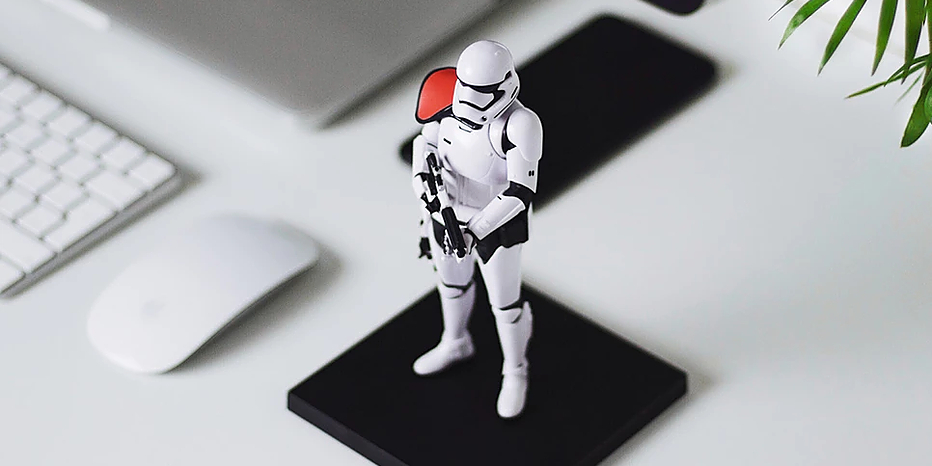 Updated - 01/13/20
Updated - 01/13/20
 (Image by Reimund Bertrams from Pixabay)
(Image by Reimund Bertrams from Pixabay)
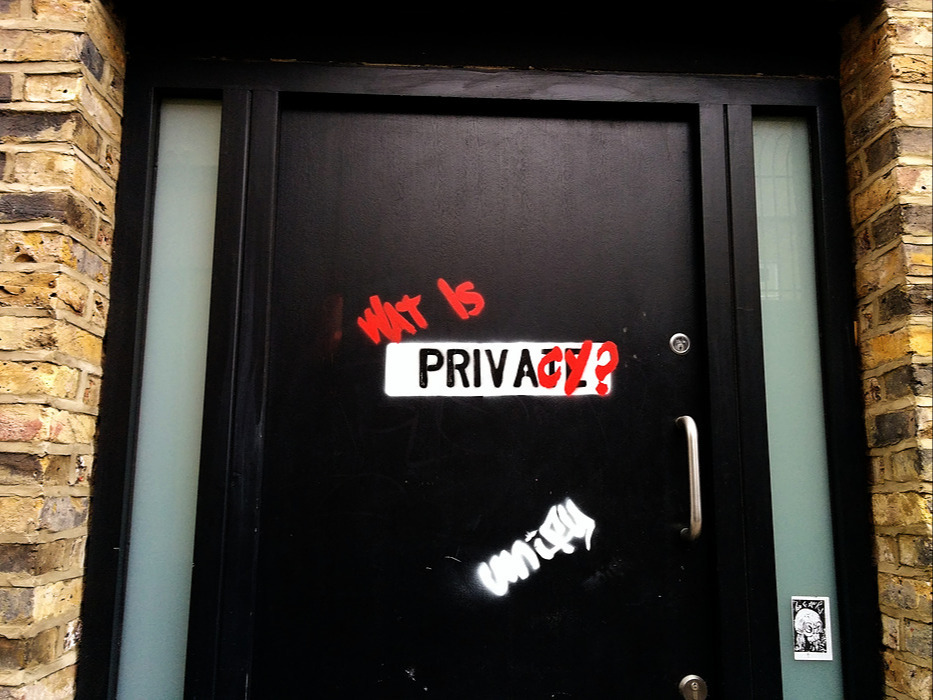 If you're running a website with Google Analytics installed, you may be wondering how it affects the privacy of your website's visitors. There's a growing distrust towards the digital advertising sector but what are the actual issues besides calling out 'creepy' ads? Let's discuss the wider ethical questions around personal data collection and digital targeting.
If you're running a website with Google Analytics installed, you may be wondering how it affects the privacy of your website's visitors. There's a growing distrust towards the digital advertising sector but what are the actual issues besides calling out 'creepy' ads? Let's discuss the wider ethical questions around personal data collection and digital targeting.
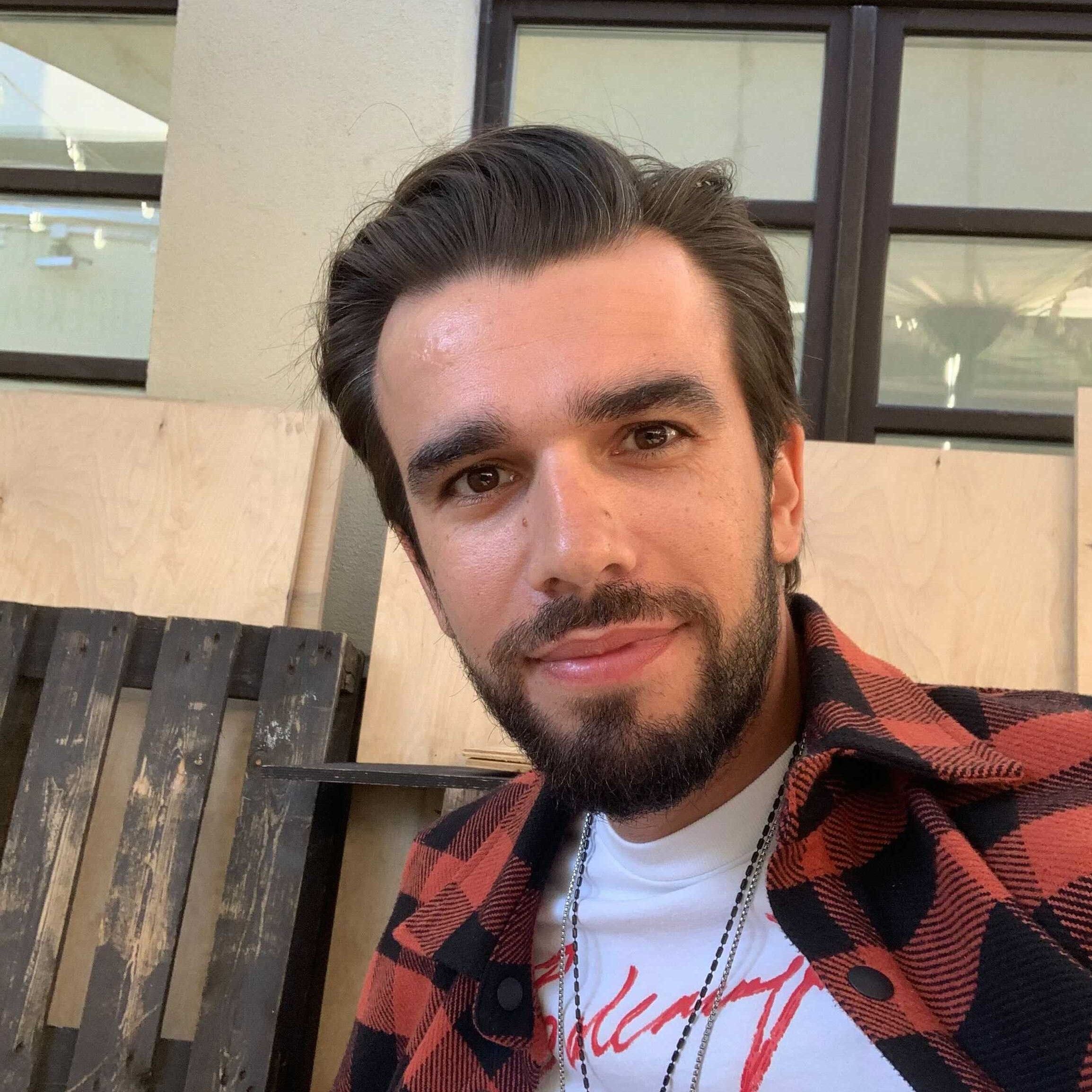


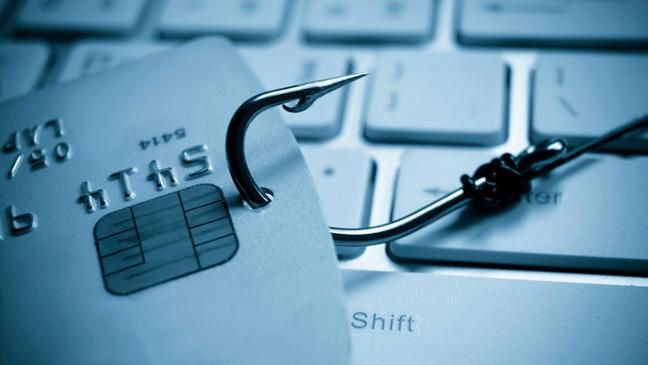
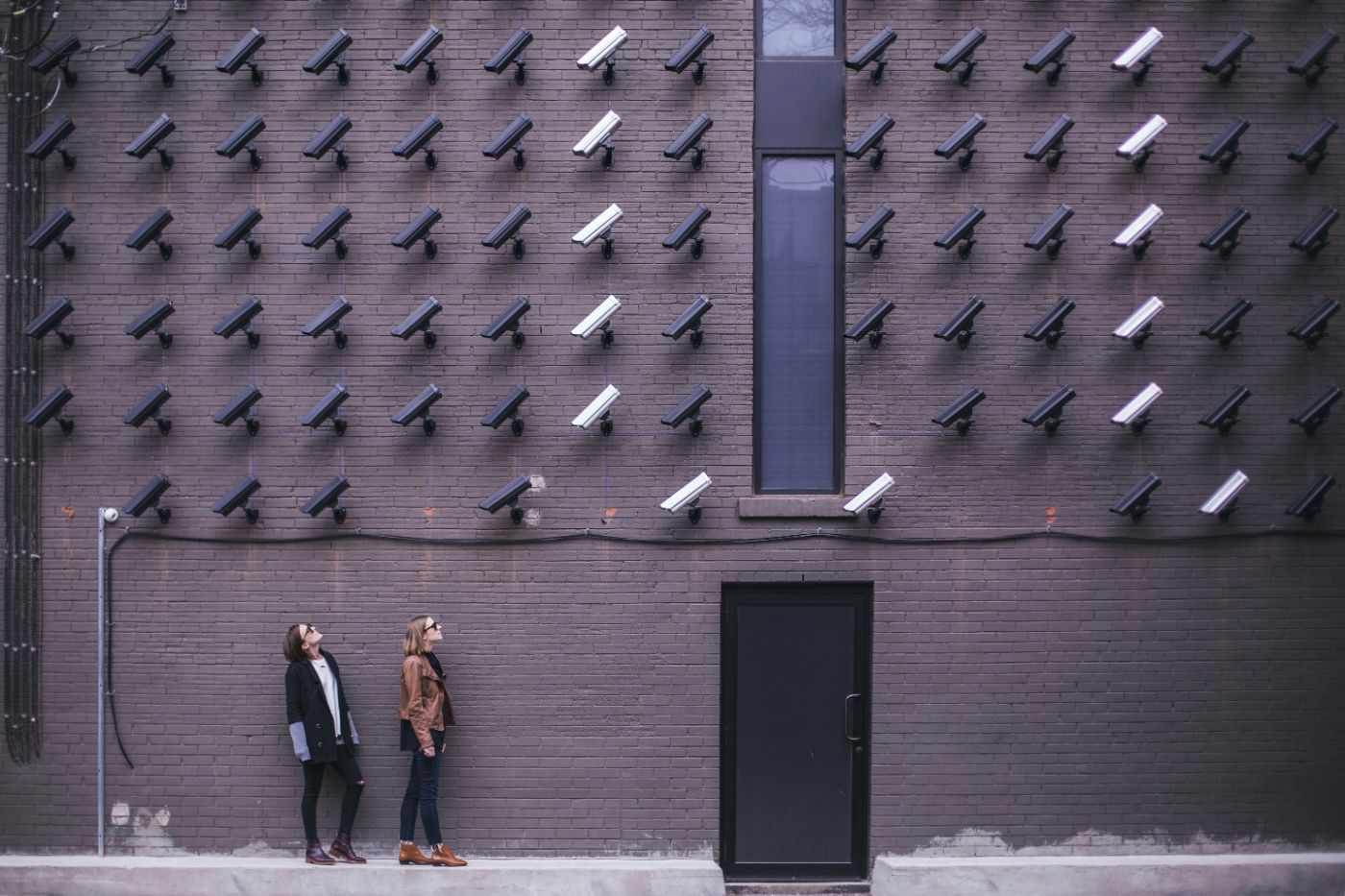



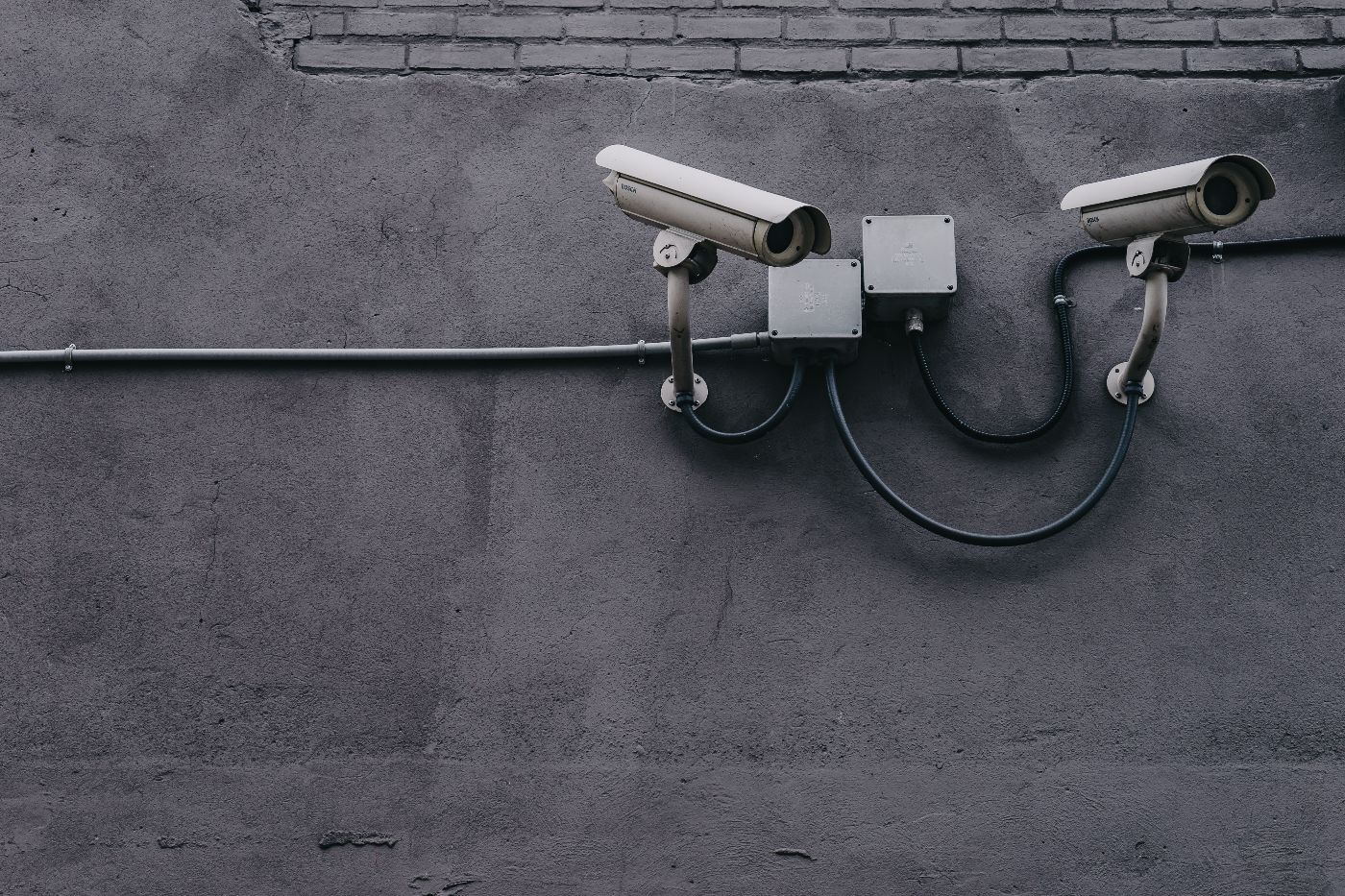




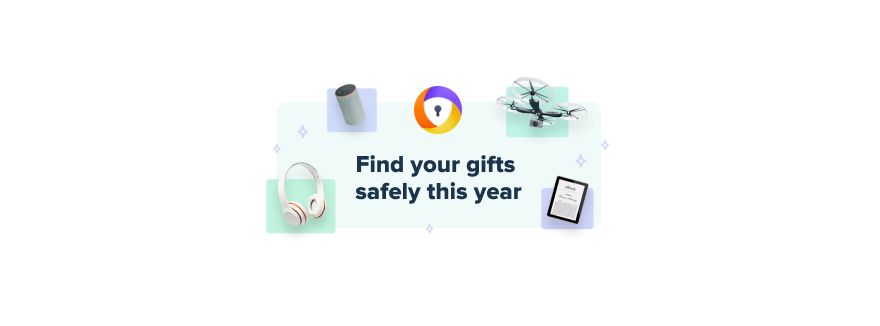
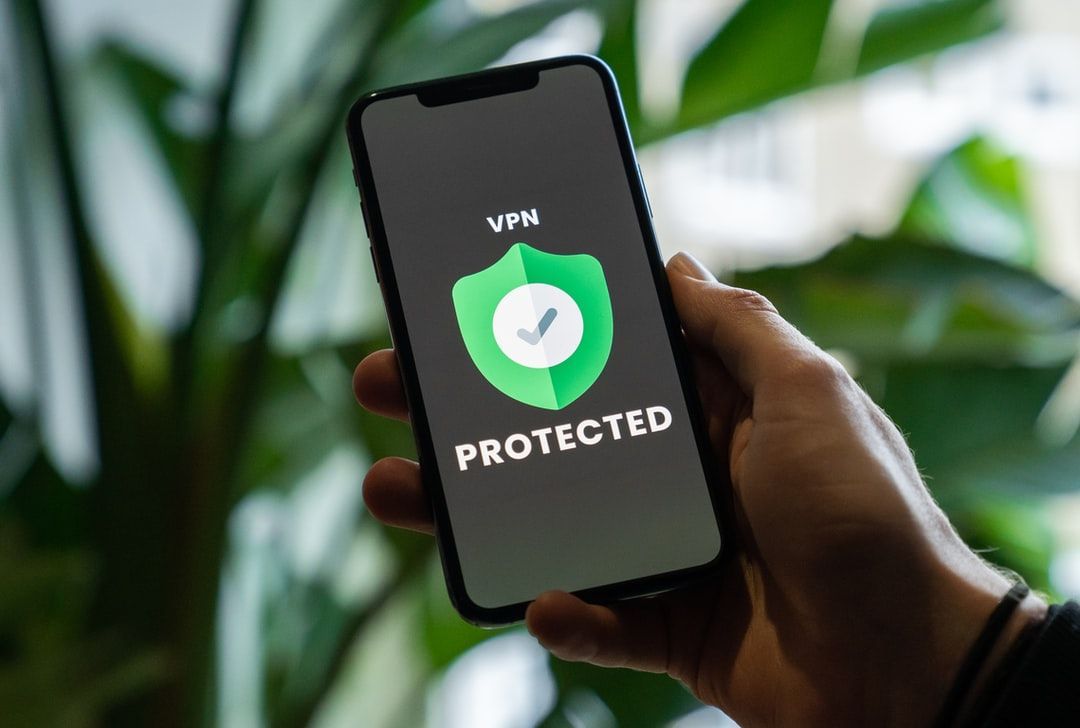

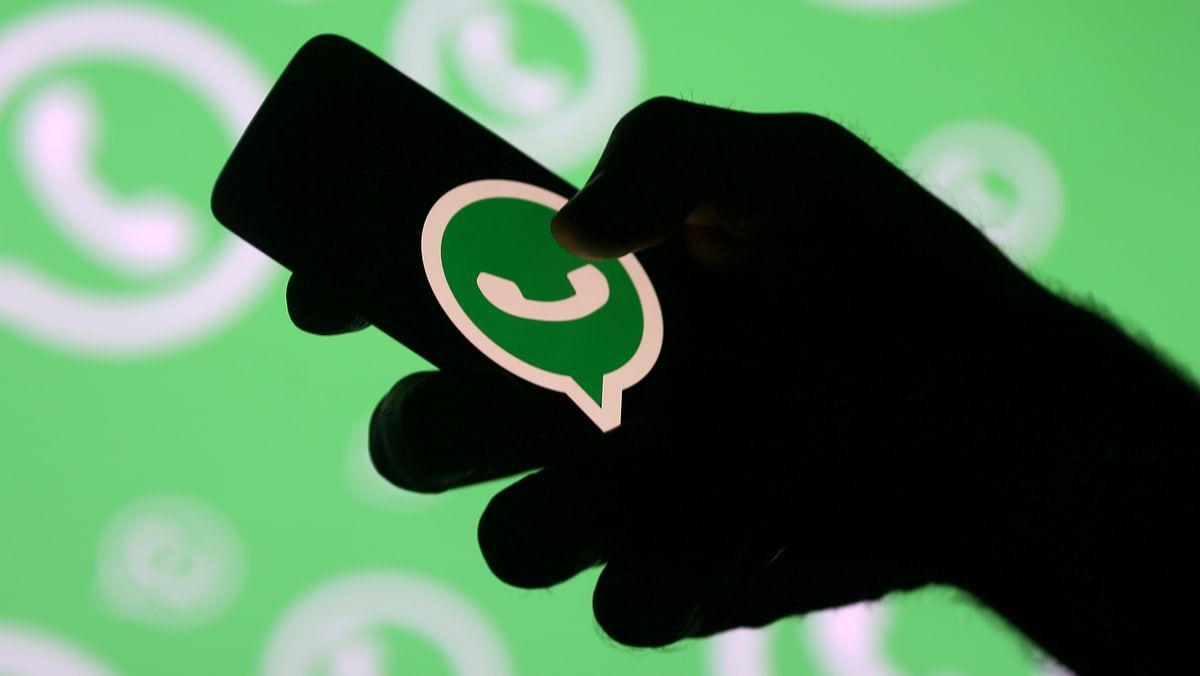




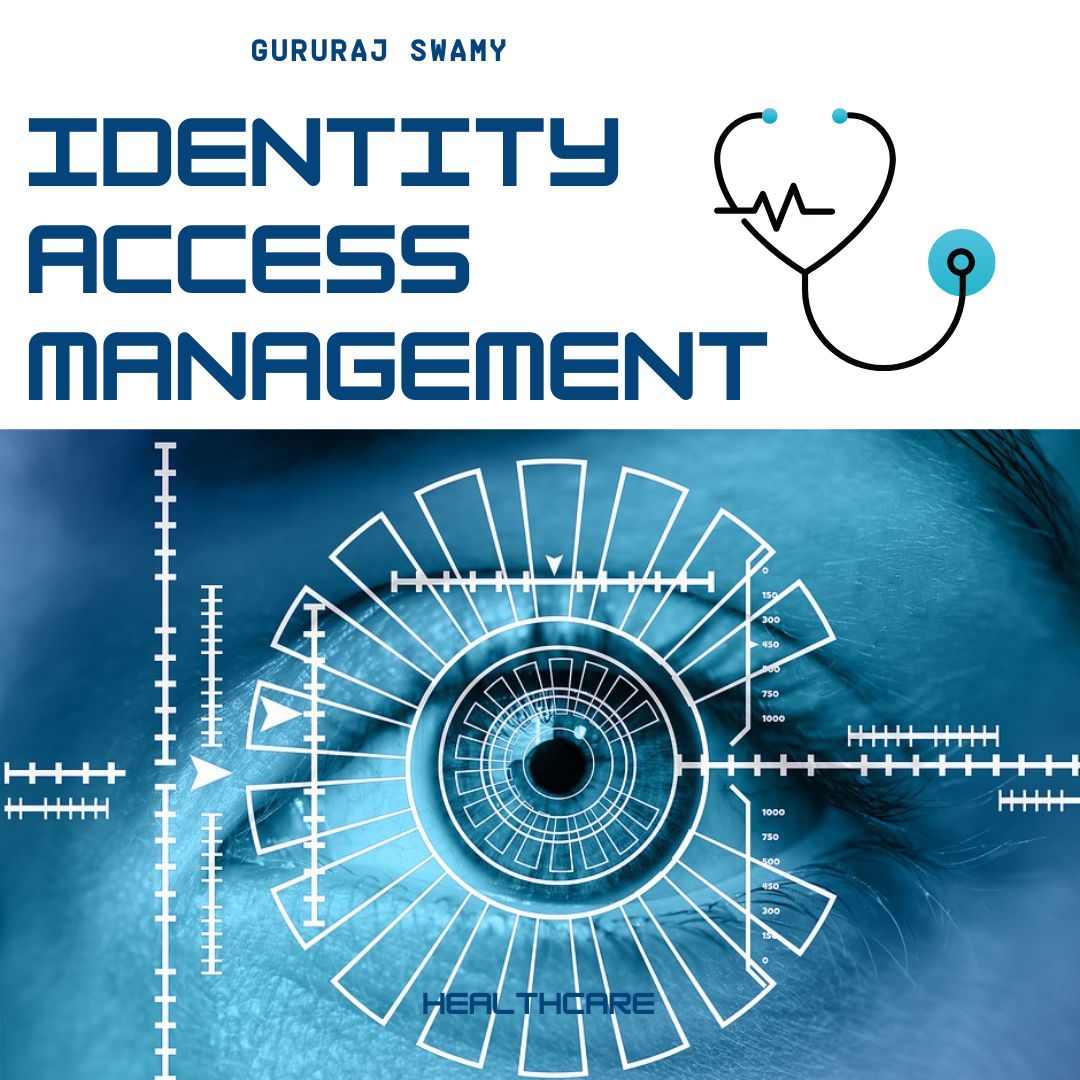
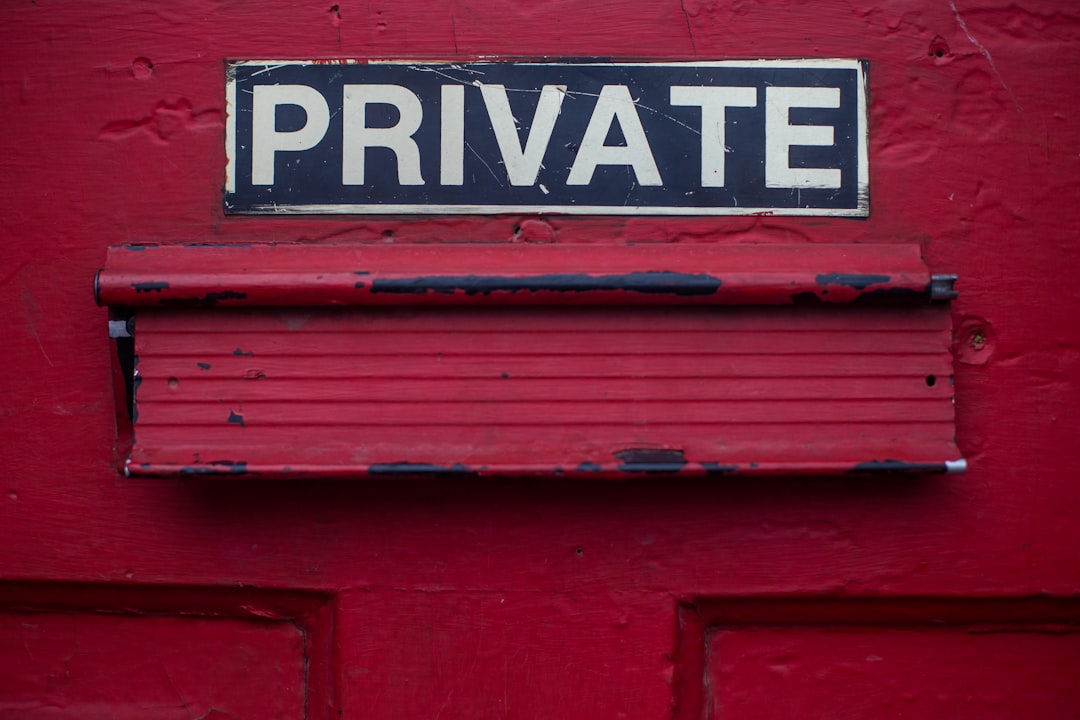

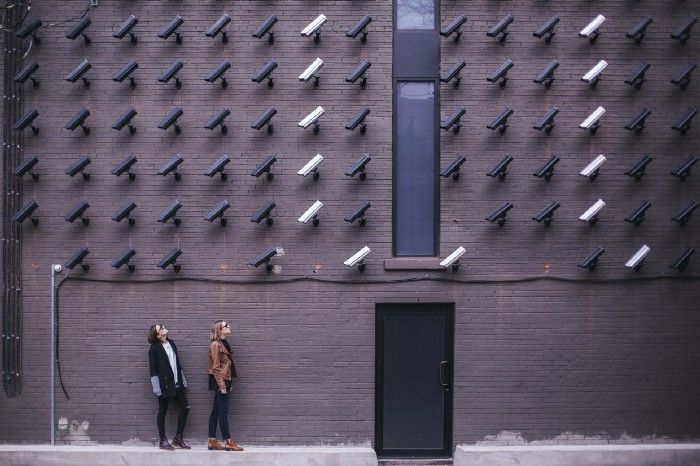




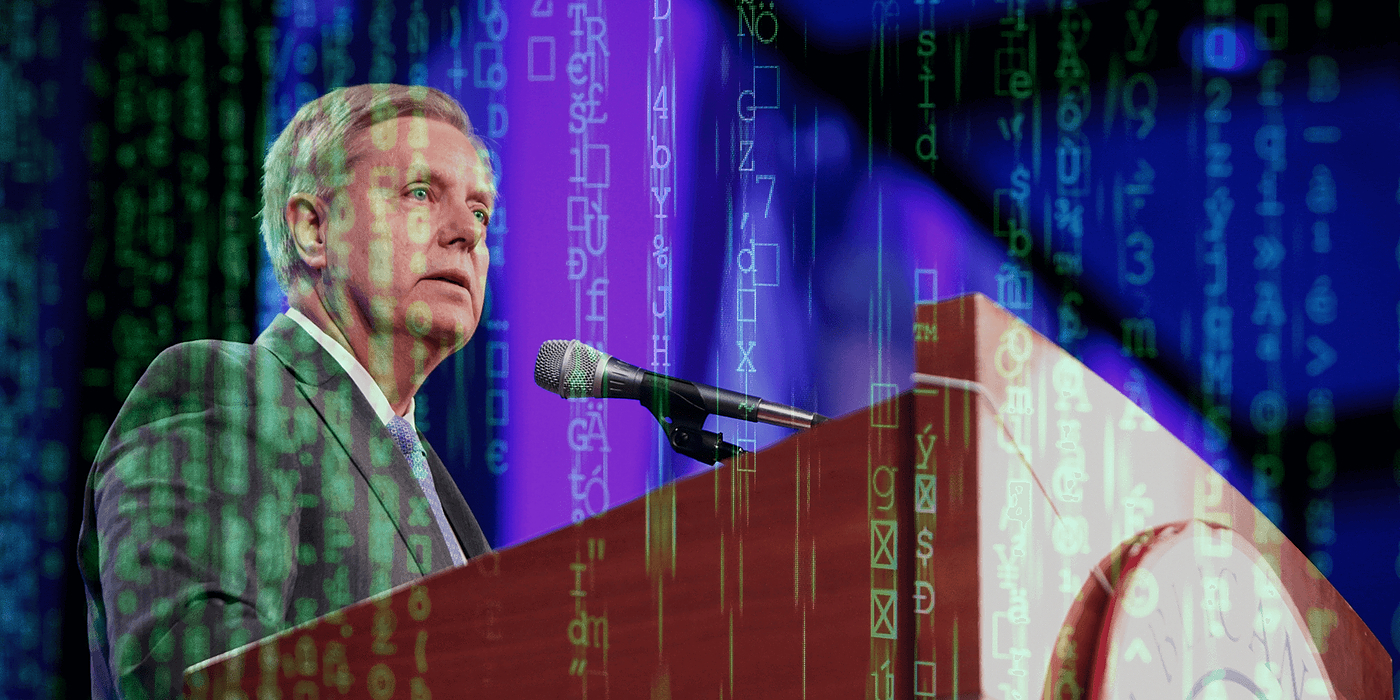
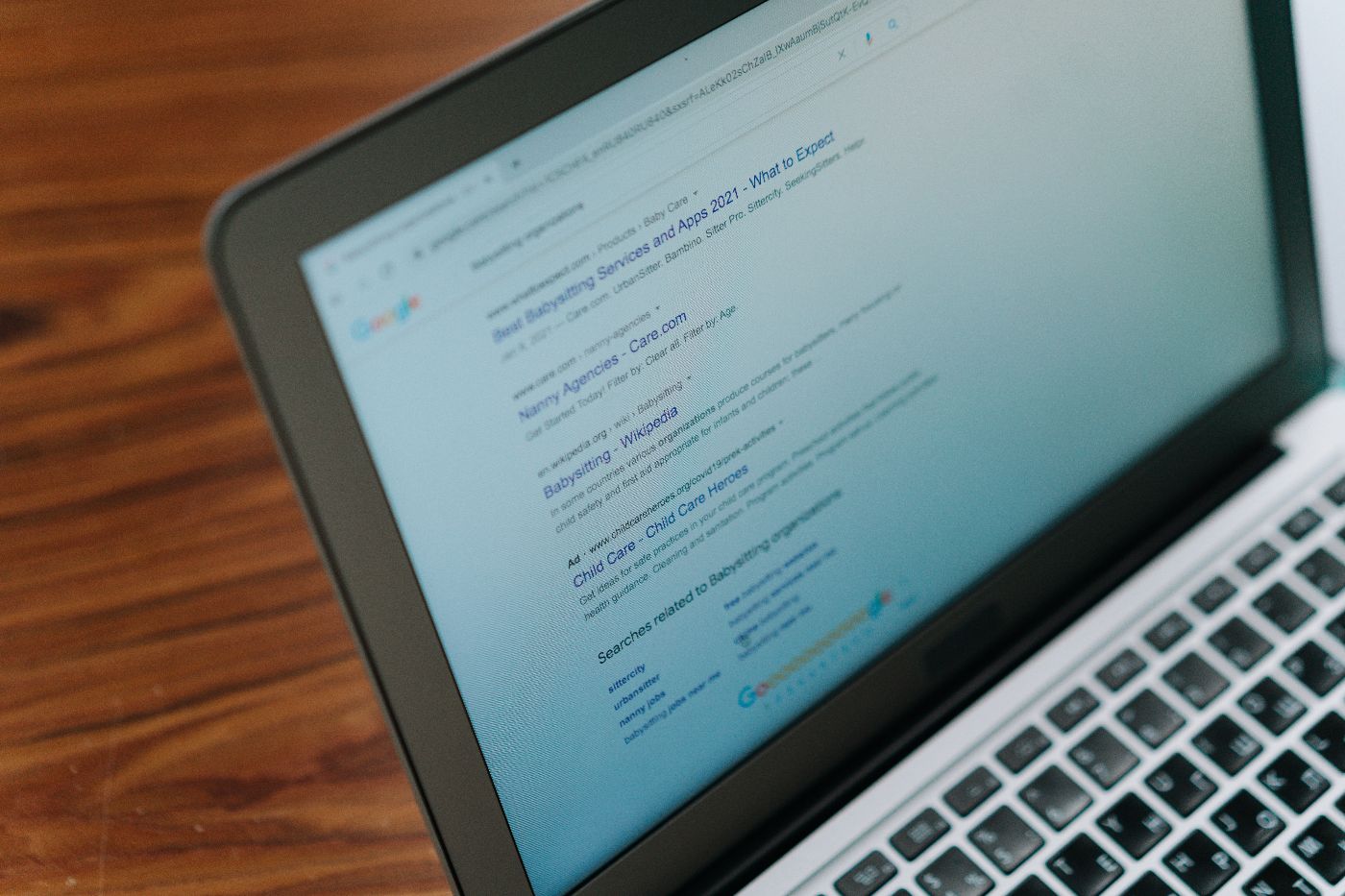
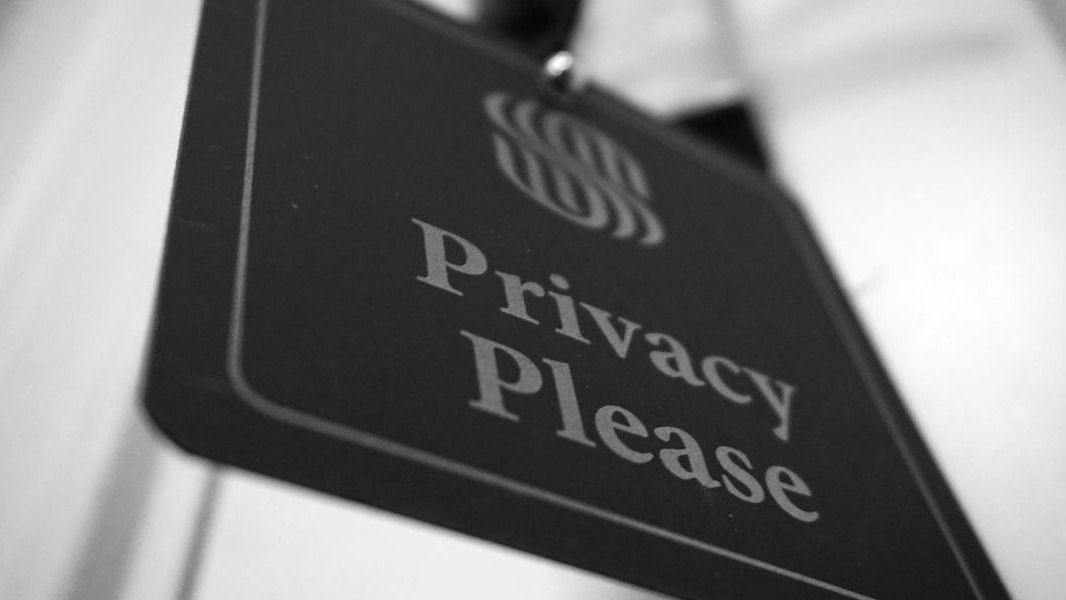
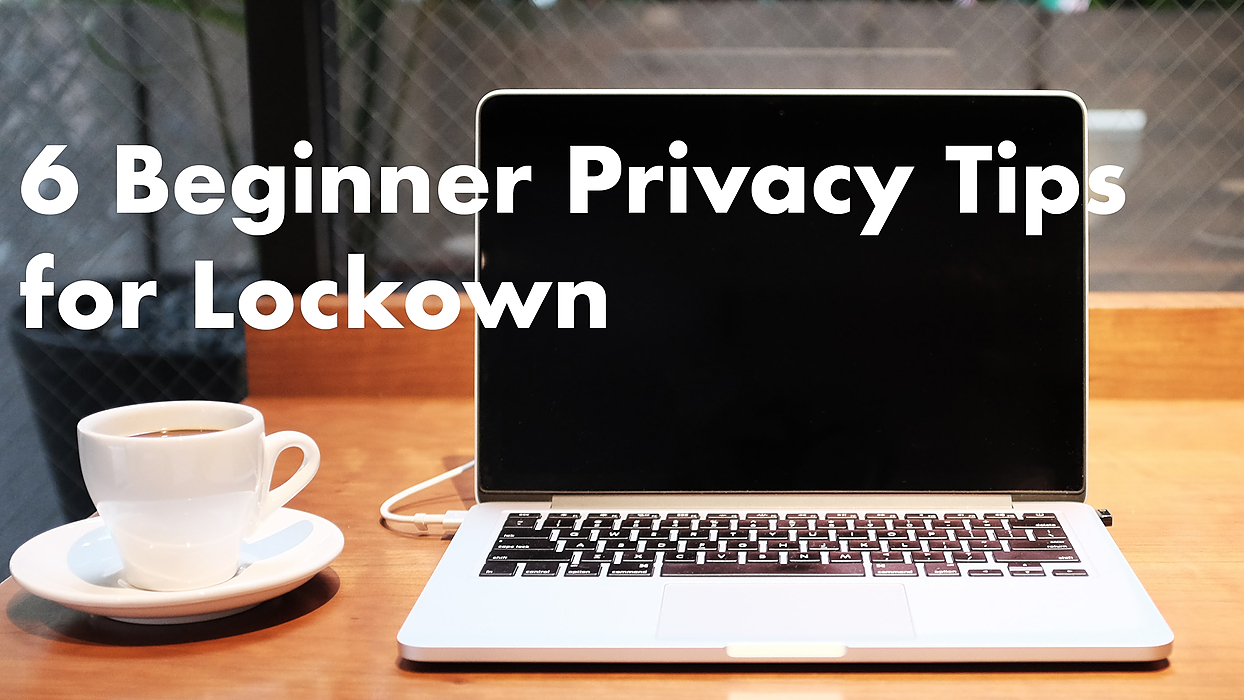
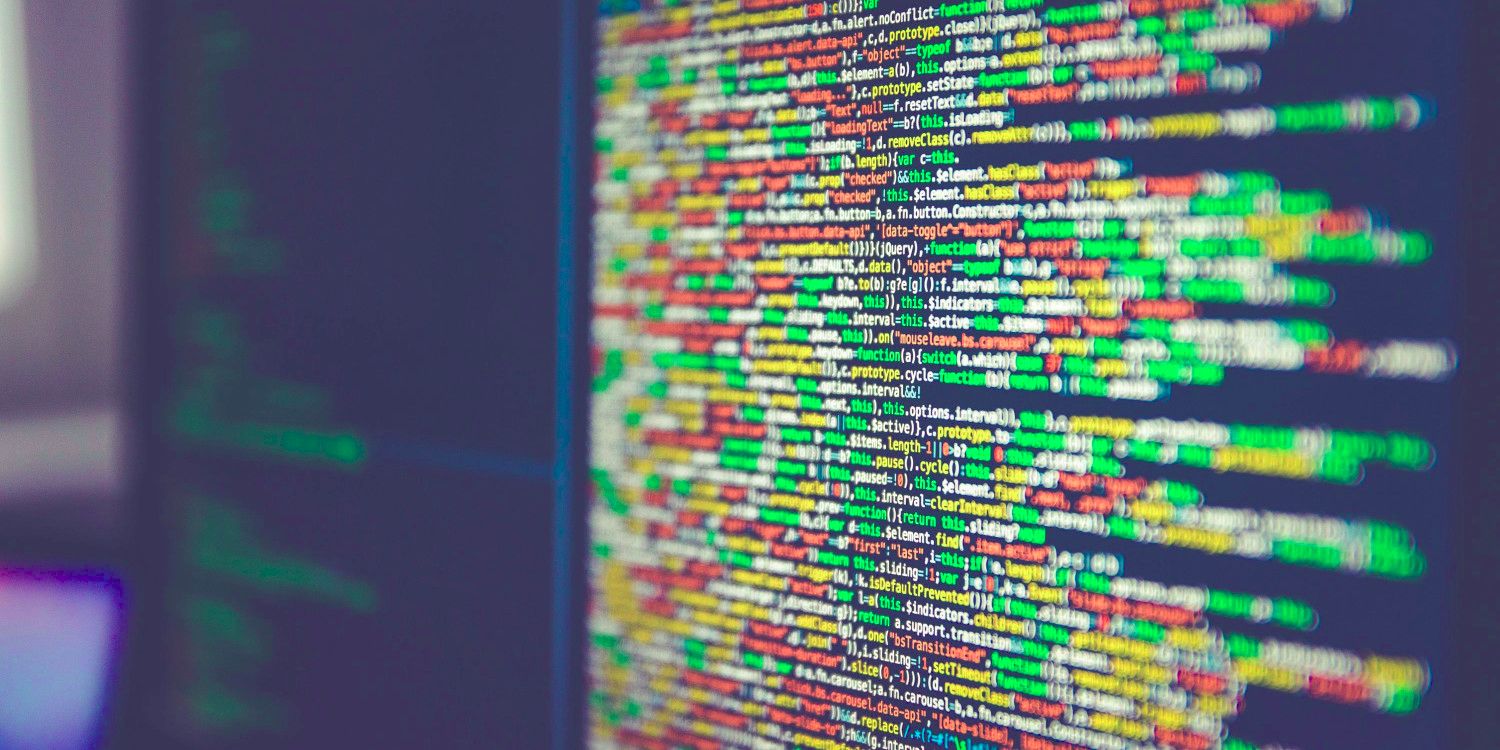



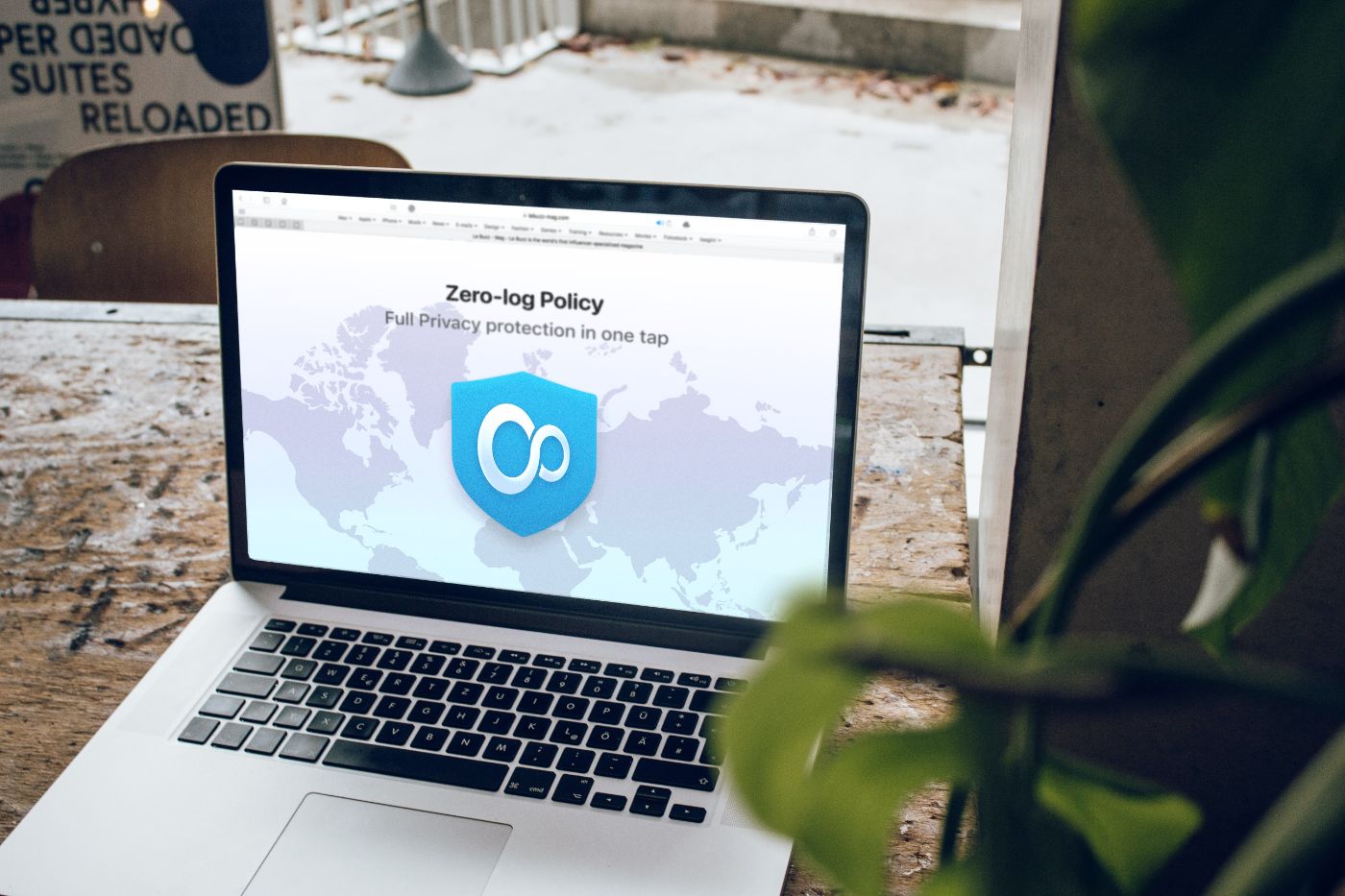
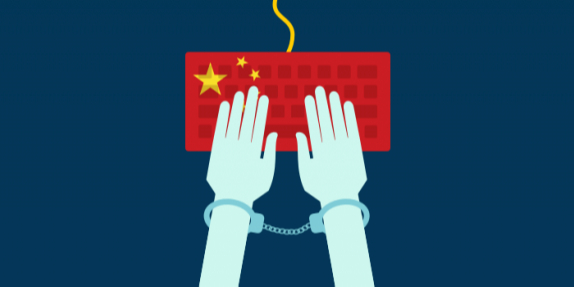

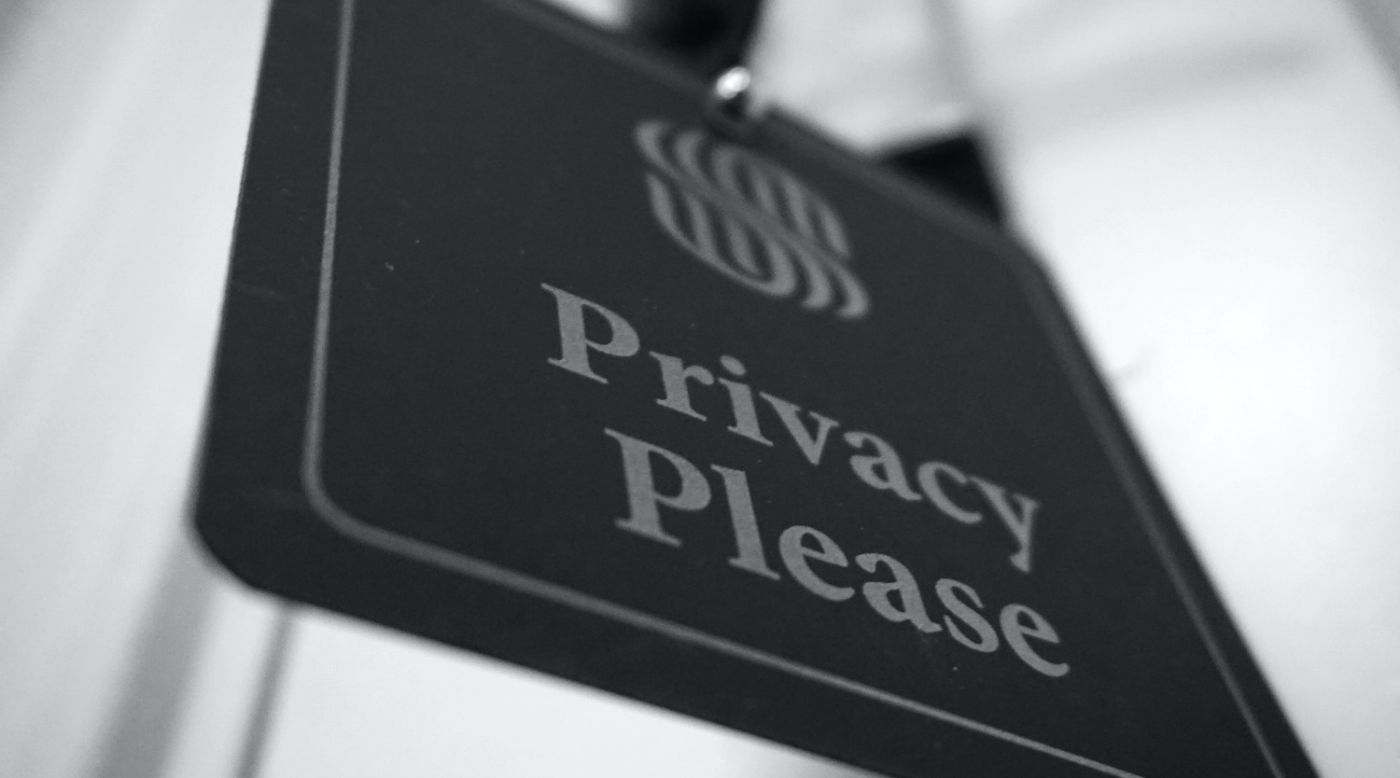
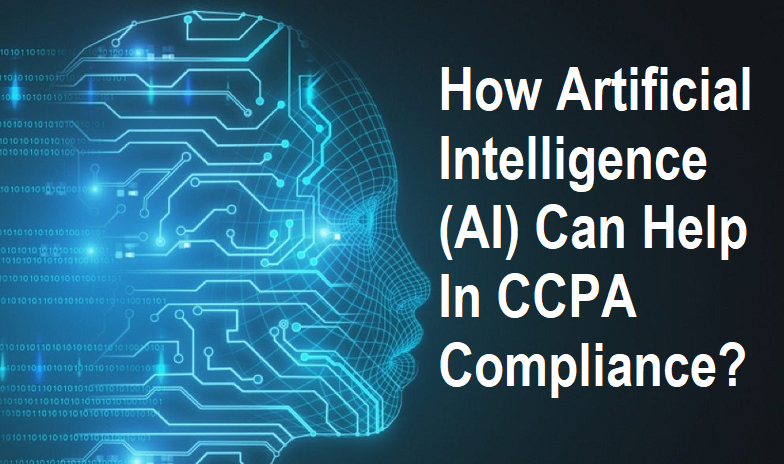

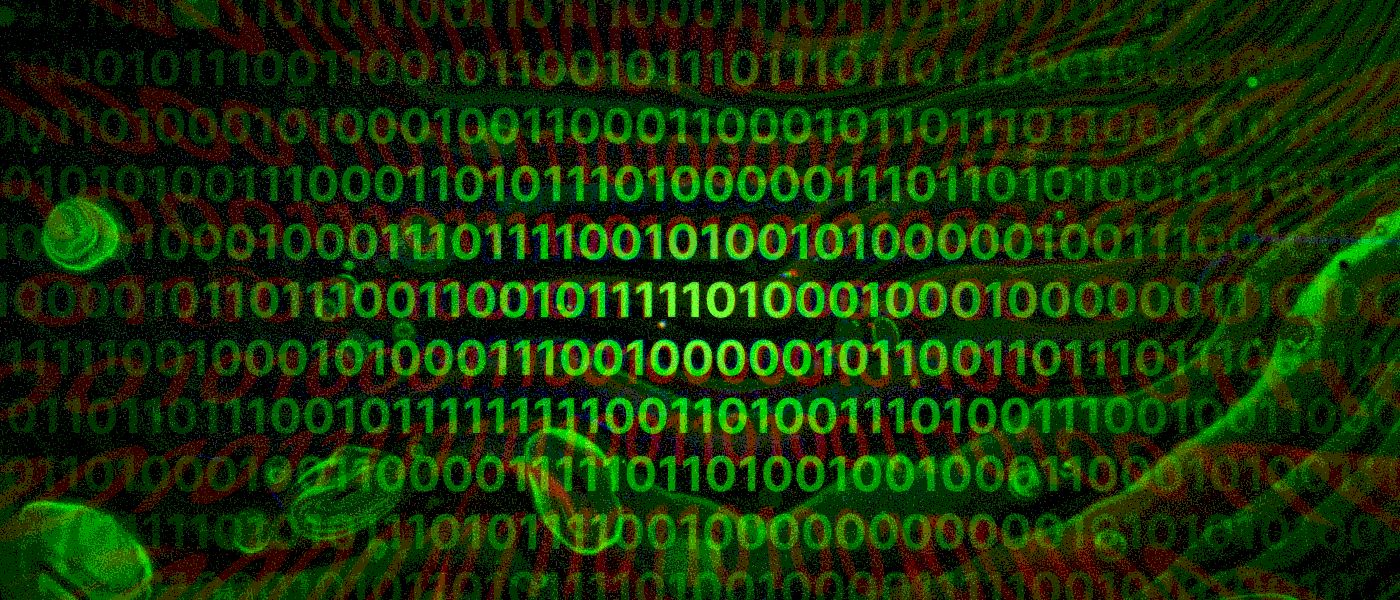

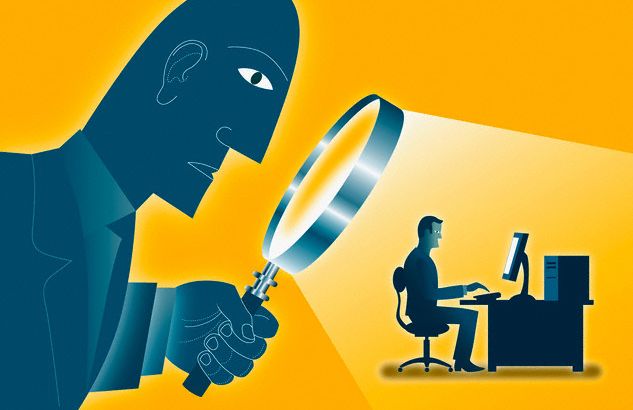






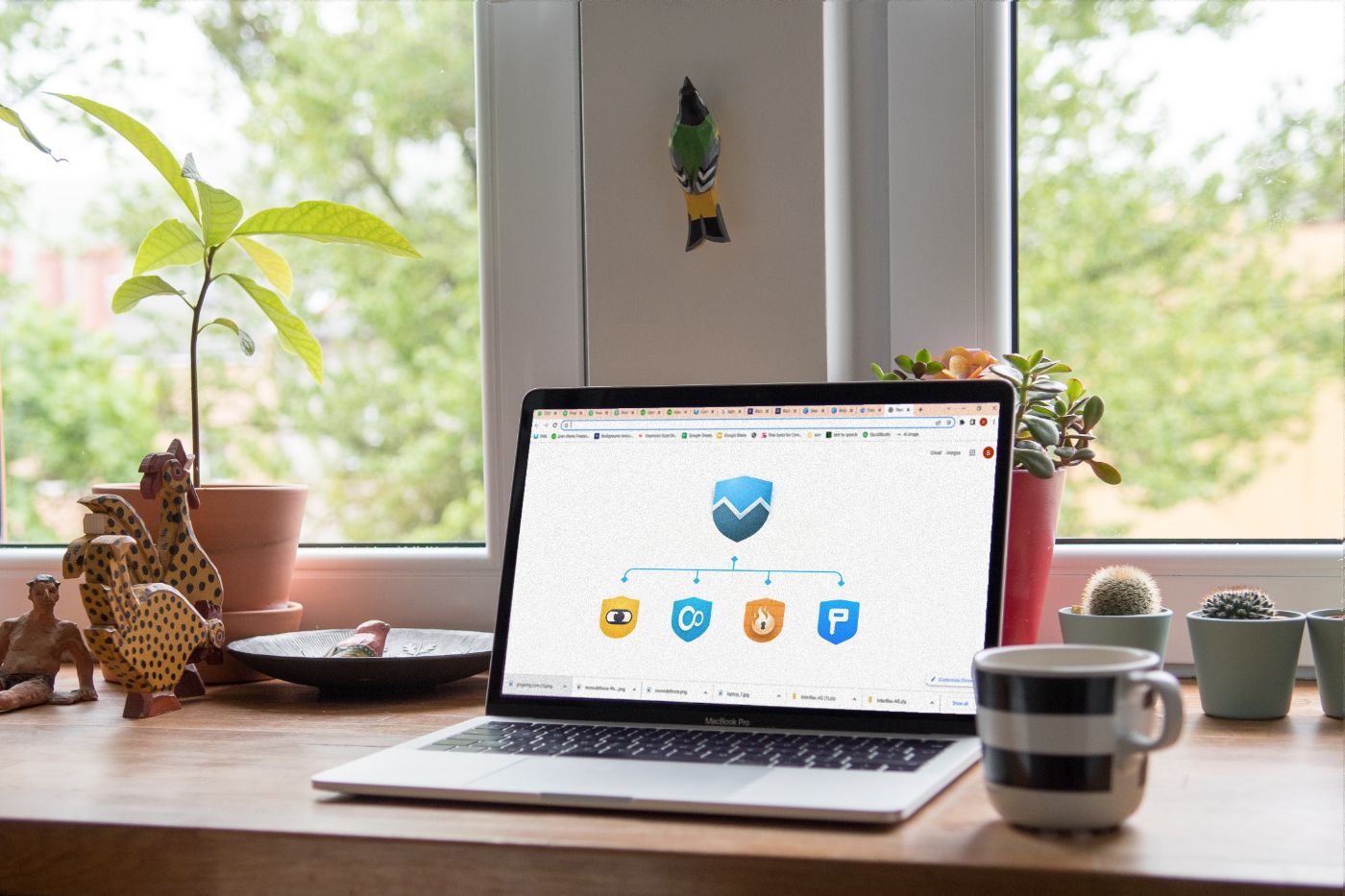



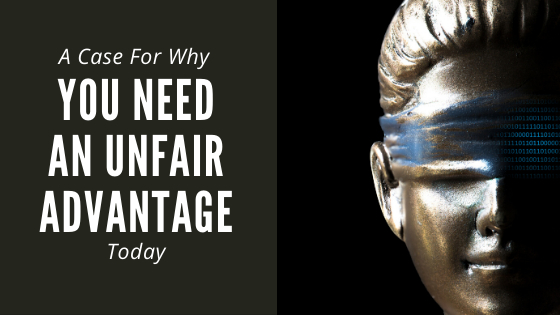


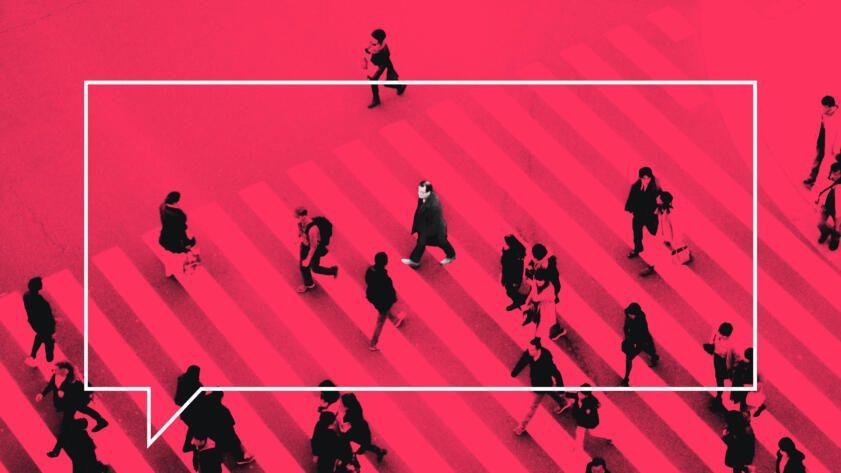

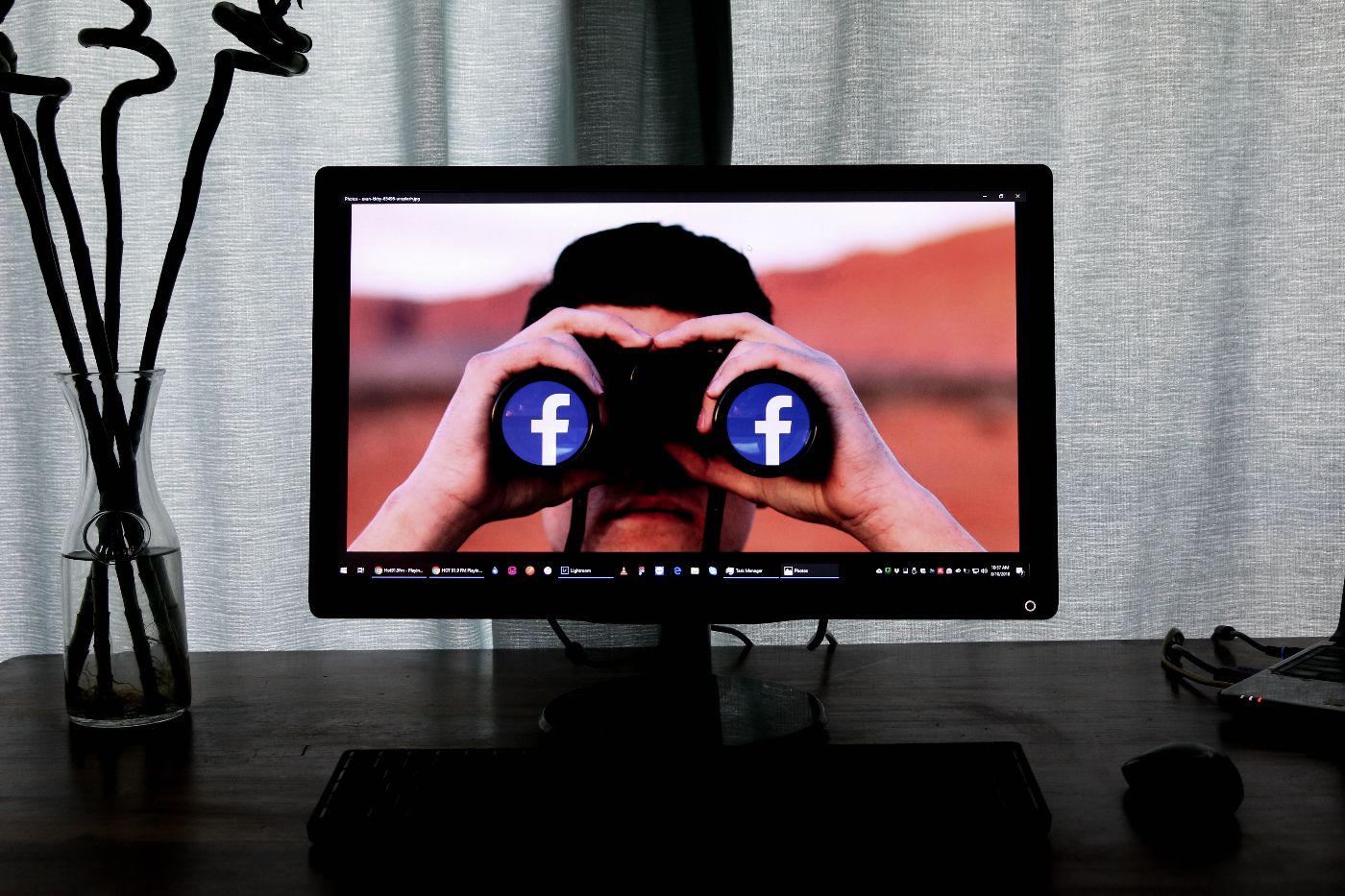
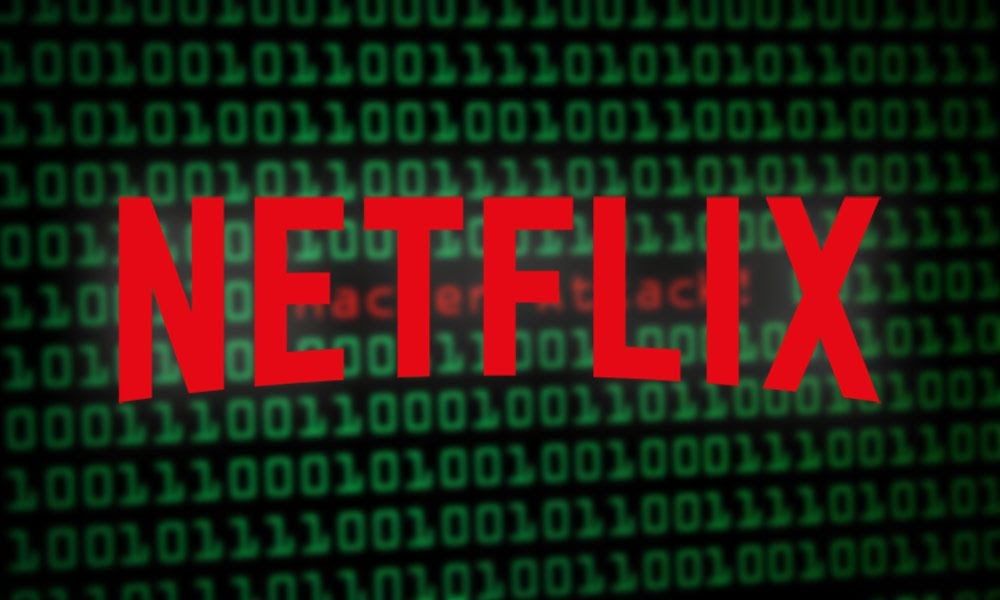
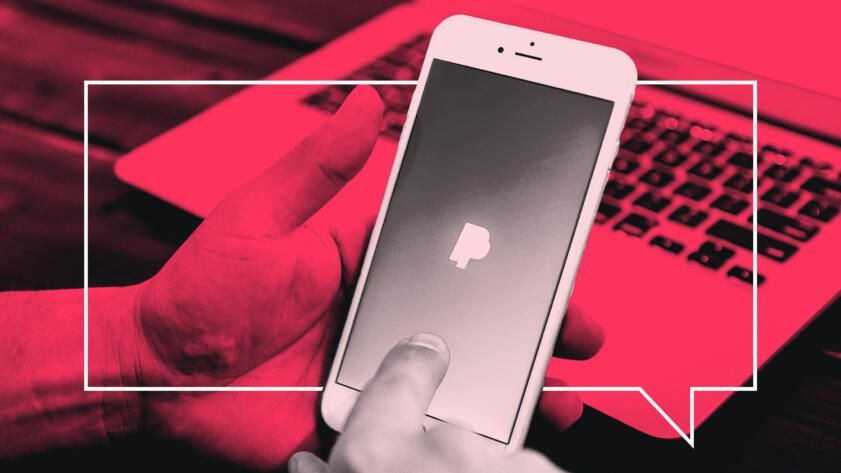

 There's a massive problem in the privacy world. Websites, social media accounts, and other platforms are constantly popping up out of nowhere, telling you to buy The Greatest Service Ever in order to solve all your privacy woes, whatever that may be. These websites often employ marketing teams to make sure their "reviews" are what you see first when you begin your research. Some of them are even operated by VPN providers themselves, operating under anonymous business entities to hide their bias, or doing it right out in the open, hoping you'll mistake their advertising-filled press releases and blogs as insider knowledge of the VPN space.
There's a massive problem in the privacy world. Websites, social media accounts, and other platforms are constantly popping up out of nowhere, telling you to buy The Greatest Service Ever in order to solve all your privacy woes, whatever that may be. These websites often employ marketing teams to make sure their "reviews" are what you see first when you begin your research. Some of them are even operated by VPN providers themselves, operating under anonymous business entities to hide their bias, or doing it right out in the open, hoping you'll mistake their advertising-filled press releases and blogs as insider knowledge of the VPN space.